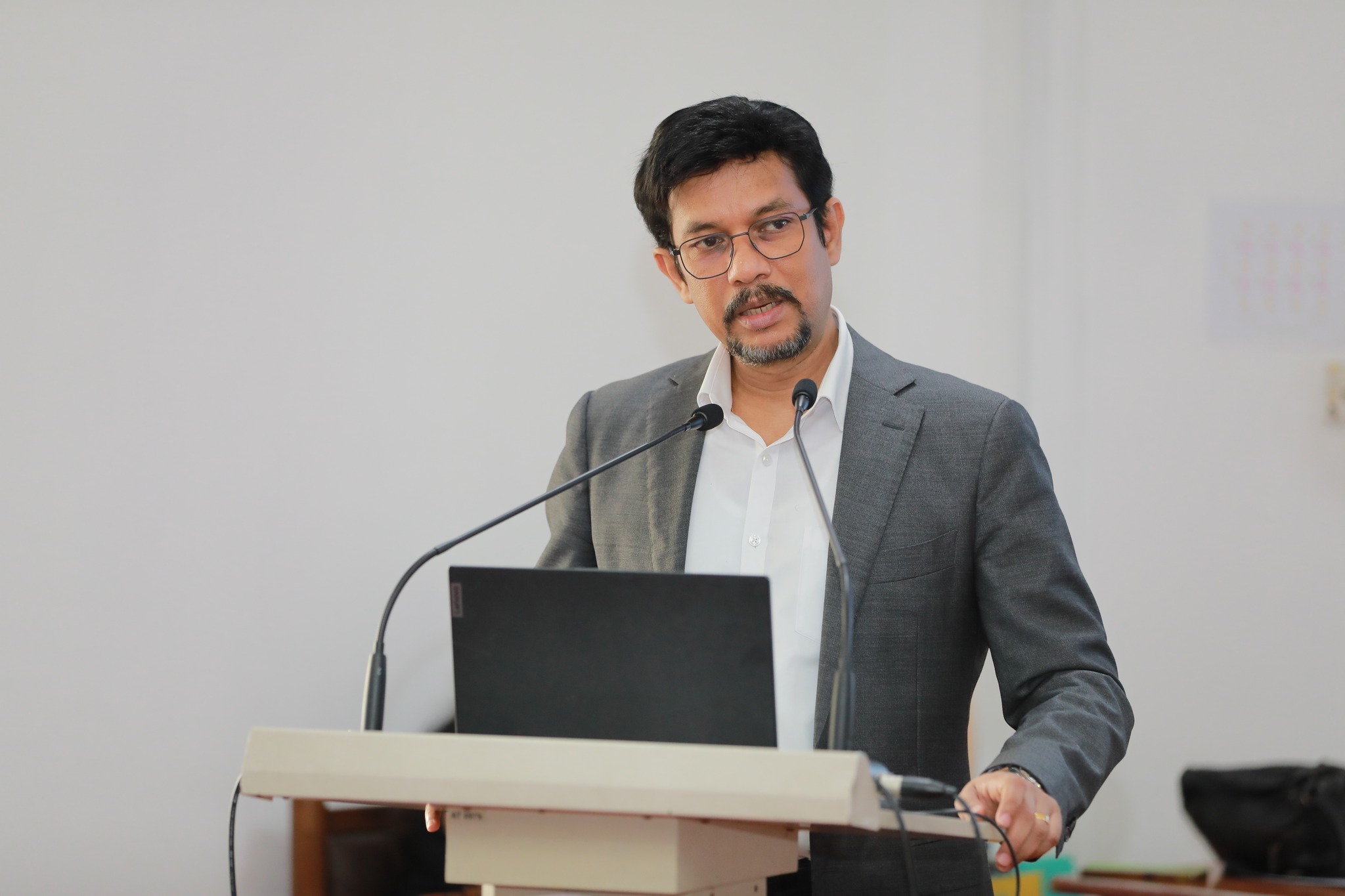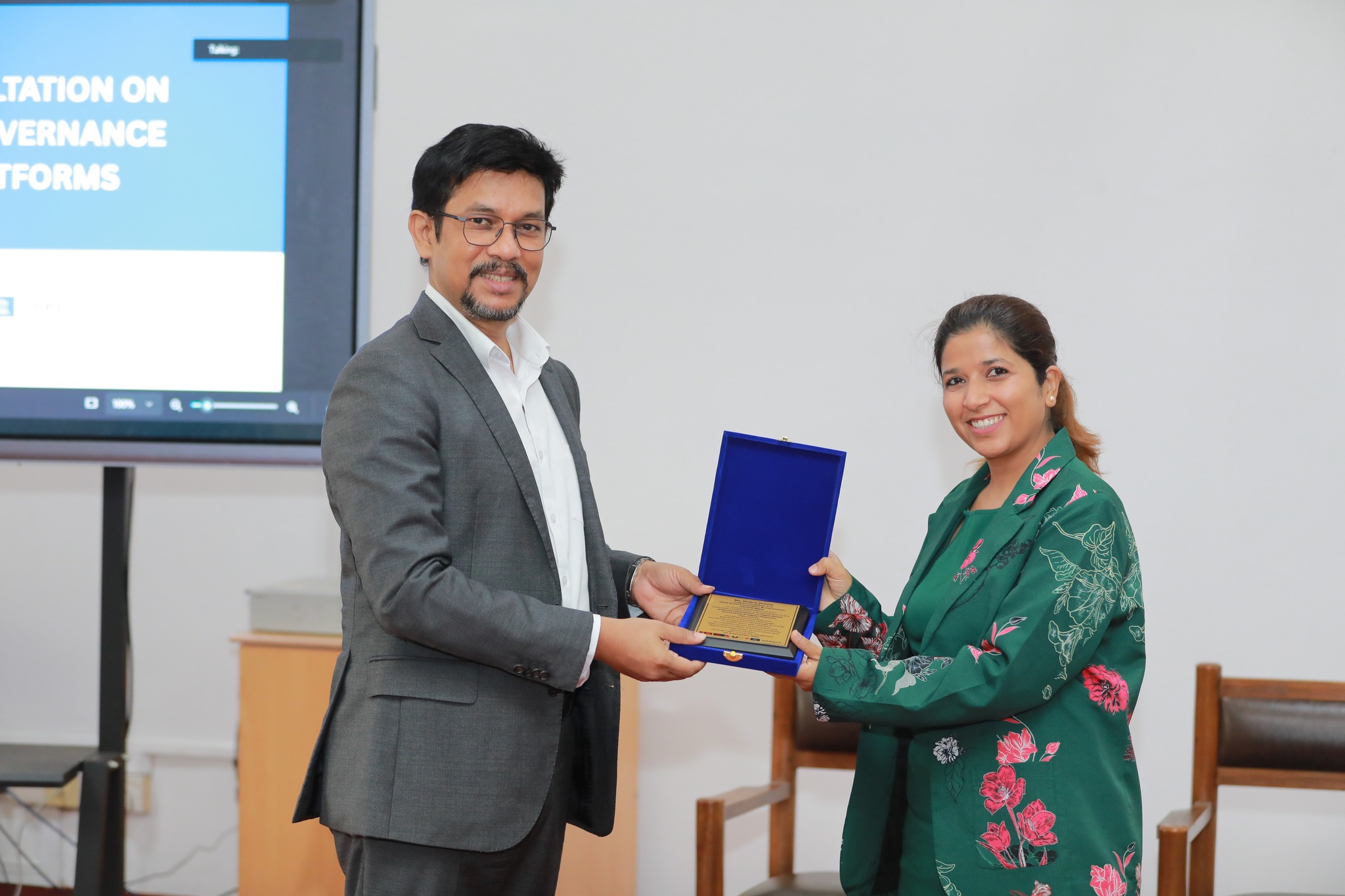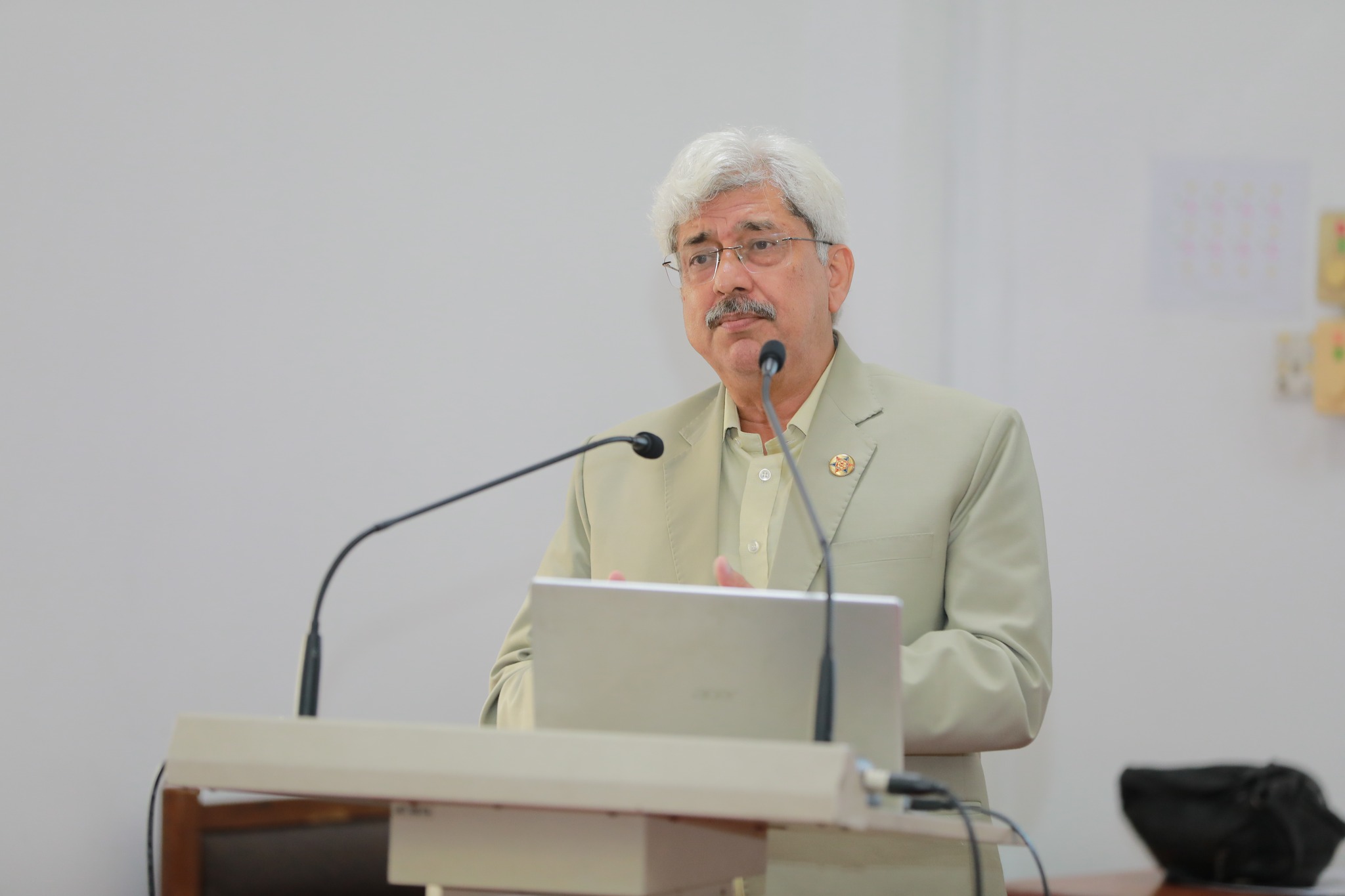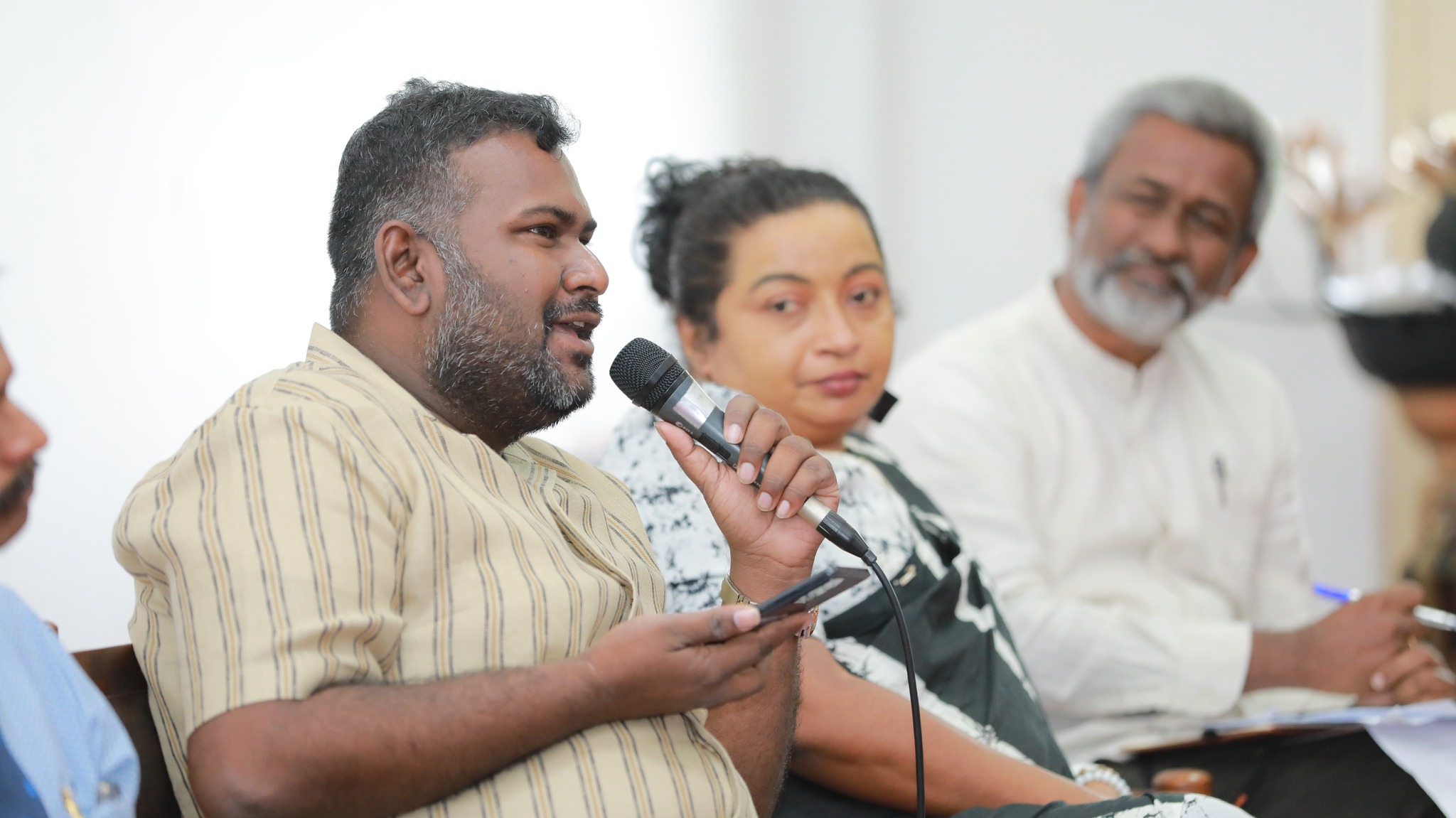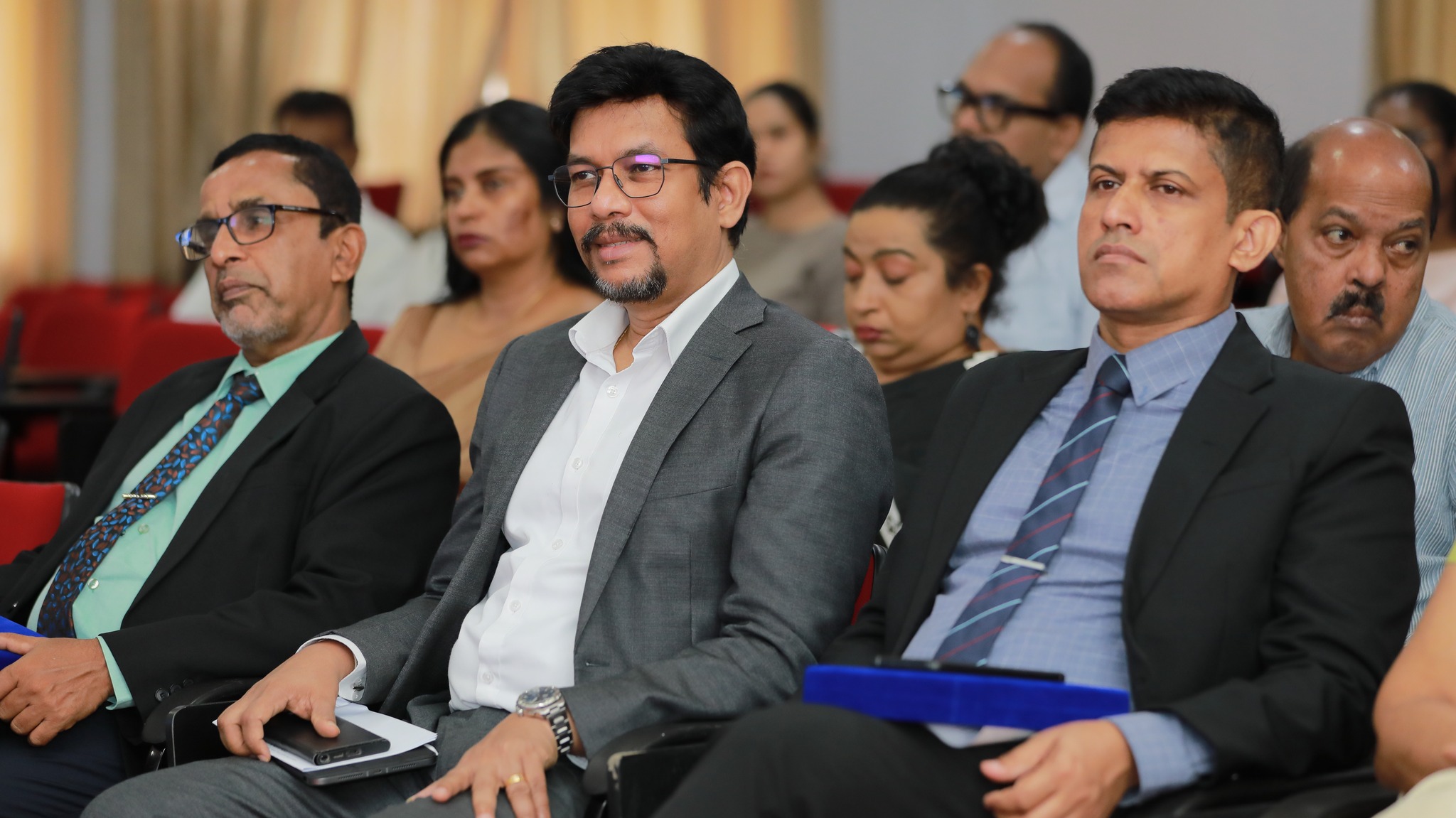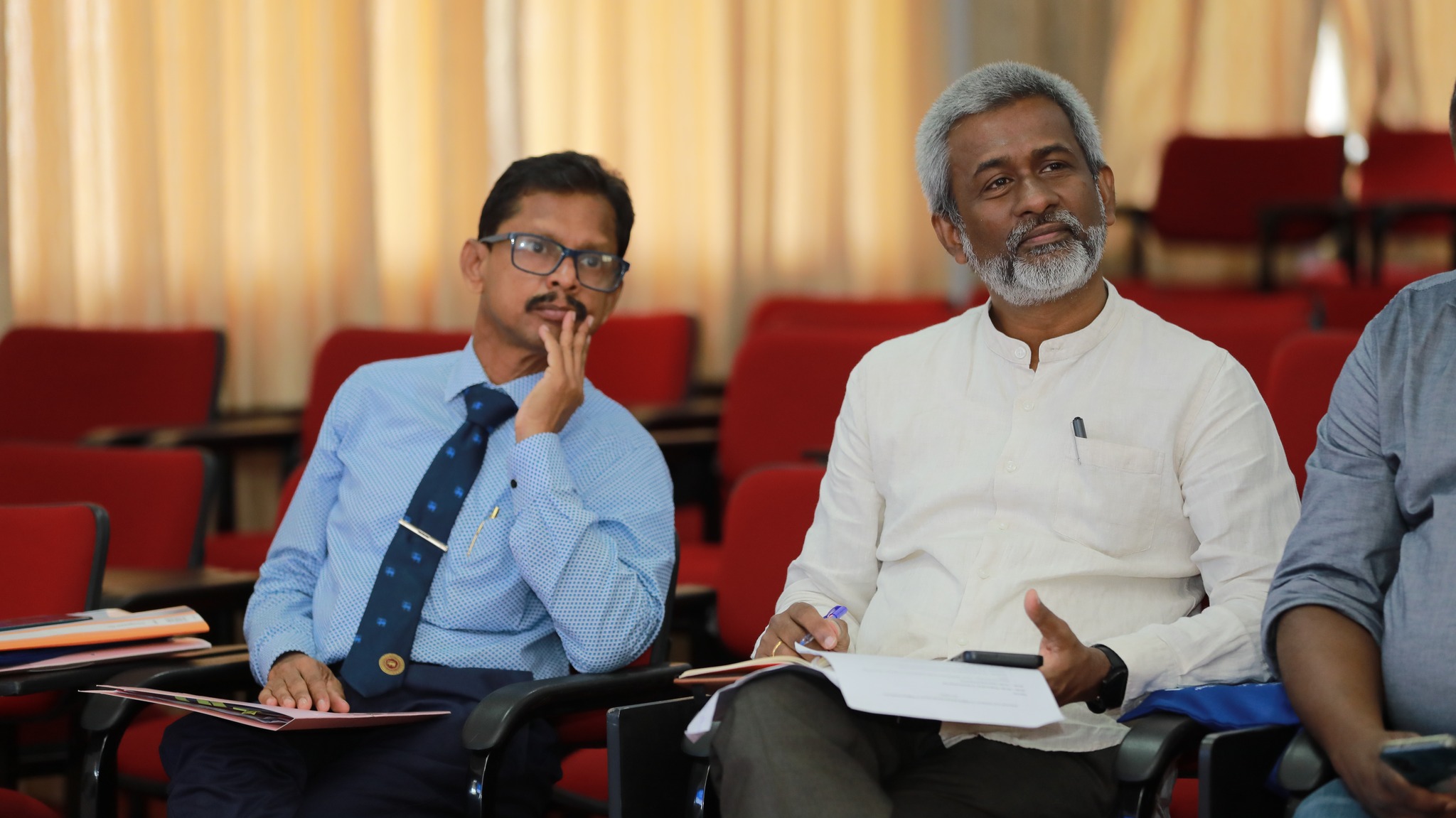NASSCOM නායකත්වය ශ්රී ලංකාවට පැමිණීම සම්බන්ධයෙන්, ගරු, අග්රාමාත්ය හරිනි අමරසූරිය, බස්නාහිර පළාත් ආණ්ඩුකාර, බස්නාහිර පළාත් ආණ්ඩුකාර හනීෆ් යූසුෆ් මහතා, ගරු ඩිජිටල් ආර්ථික නියෝජ්ය අමාත්ය එරංග වීරරත්න, ඩිජිටල් ආර්ථිකය පිළිබද ජනාධිපති ජ්යේෂ්ඨ උපදේශක ආචාර්ය හාන්ස් විජයසූරිය , ආයෝජන මණ්ඩලයේ සභාපති, අර්ජුන හේරත්, SLASSCOM නියෝජිතයින් ඇතුළු පිරිස අතර තාක්ෂණ, නව්යකරණ සහ ඩිජිටල් ආර්ථිකය පිළිබඳ හමුවක් පැවැත්වීය.
මෙම සංවාදයේදී ශ්රී ලංකා–ඉන්දියා තාක්ෂණික හවුල්කාරීත්වය ශක්තිමත් කිරීම, නව්යකරණ හා හැකියා සංවර්ධනය, ආයෝජන අවස්ථා සොයා බැලීම, සහ ICT අංශයේ වර්ධන වේගවත් කිරීමට යෝජිත ප්රතිපත්ති පිළිබඳ සාකච්ඡා කළේය.
මෙම හමුව ශ්රී ලංකාව සහ ඉන්දියාව අතර තාක්ෂණික බැඳීම් තවදුරටත් ශක්තිමත් කළ අතර, නව අවස්ථා හඳුනා ගනිමින් SLASSCOM–NASSCOM සහෝයෝගීත්වය වැඩිදියුණු කිරීමට නව මාර්ග විවෘත කරන්නක් විය.
தொழில்நுட்பம் புதுமை மற்றும் டிஜிட்டல் பொருளாதாரத்தில் ஒத்துழைப்பு குறித்து விவாதிக்க, வருகை தந்த நாஸ்காம் (NASSCOM) தலைவர் ஹோ. பிரதம மந்திரி ஹரிணி அமரசூரிய் மேற்கு மாகாண ஆளுநர் ஹனிஃப் யூசூப்; டிஜிட்டல் பொருளாதார பிரதியமைச்சர் கௌரவ் எரங்க வீரரத்ன் டிஜிட்டல் பொருளாதாரத்திற்கான இலங்கை ஜனாதிபதியின் தலைமை ஆலோசகர் டாக்டர் ஹான்ஸ் விஜயசூரிய மற்றும் SLASSCOM பிரதிநிதிகளுடன் ஒரு மூலோபாய சந்திப்பு நடைபெற்றது.
இலங்கை-இந்தியா தொழில்நுட்ப கூட்டாண்மைகளை வலுப்படுத்துதல், புதுமை மற்றும் திறமை மேம்பாட்டை வளர்ப்பது> முதலீட்டு வாய்ப்புகளை ஆராய்வது மற்றும் தகவல் தொடர்பாடல் தொழிநுட்ப துறையில் வளர்ச்சியை விரைவுபடுத்துவதற்கான கொள்கைகளை முன்னெடுப்பது குறித்து கலந்துரையாடல் நடைபெற்றன.
இந்த சந்திப்பு தொழில்நுட்பத்தில் இருதரப்பு உறவுகளை வலுப்படுத்தியது, கூட்டு முயற்சிகளுக்கான வாய்ப்புகளை அடையாளம் கண்டது மற்றும் நாஸ்காம் (NASSCOM); உடன் SLASSCOM இன் கூட்டாண்மையை வலுப்படுத்த வழி வகுத்தது.
A strategic meeting was held with visiting NASSCOM leadership, Ho. Prime Minister, Harini Amarasuriya; The Governor of the Western Province, Hanif Yusoof; Hon. Deputy Minister for Digital Economy, Eranga Weeraratne; Chief Advisor to the President of Sri Lanka on Digital Economy, Dr. Hans Wijayasuriya, Arjuna Herath, Chairman of the Board of Investment of Sri Lanka; and SLASSCOM representatives, to discuss collaboration in technology, innovation, and the digital economy.
Discussions centered on strengthening Sri Lanka–India tech partnerships, fostering innovation and talent development, exploring investment opportunities, and advancing policies to accelerate growth in the ICT sector.
The meeting reinforced bilateral ties in technology, identified opportunities for joint initiatives, and paved the way for strengthening SLASSCOM’s partnership with NASSCOM.






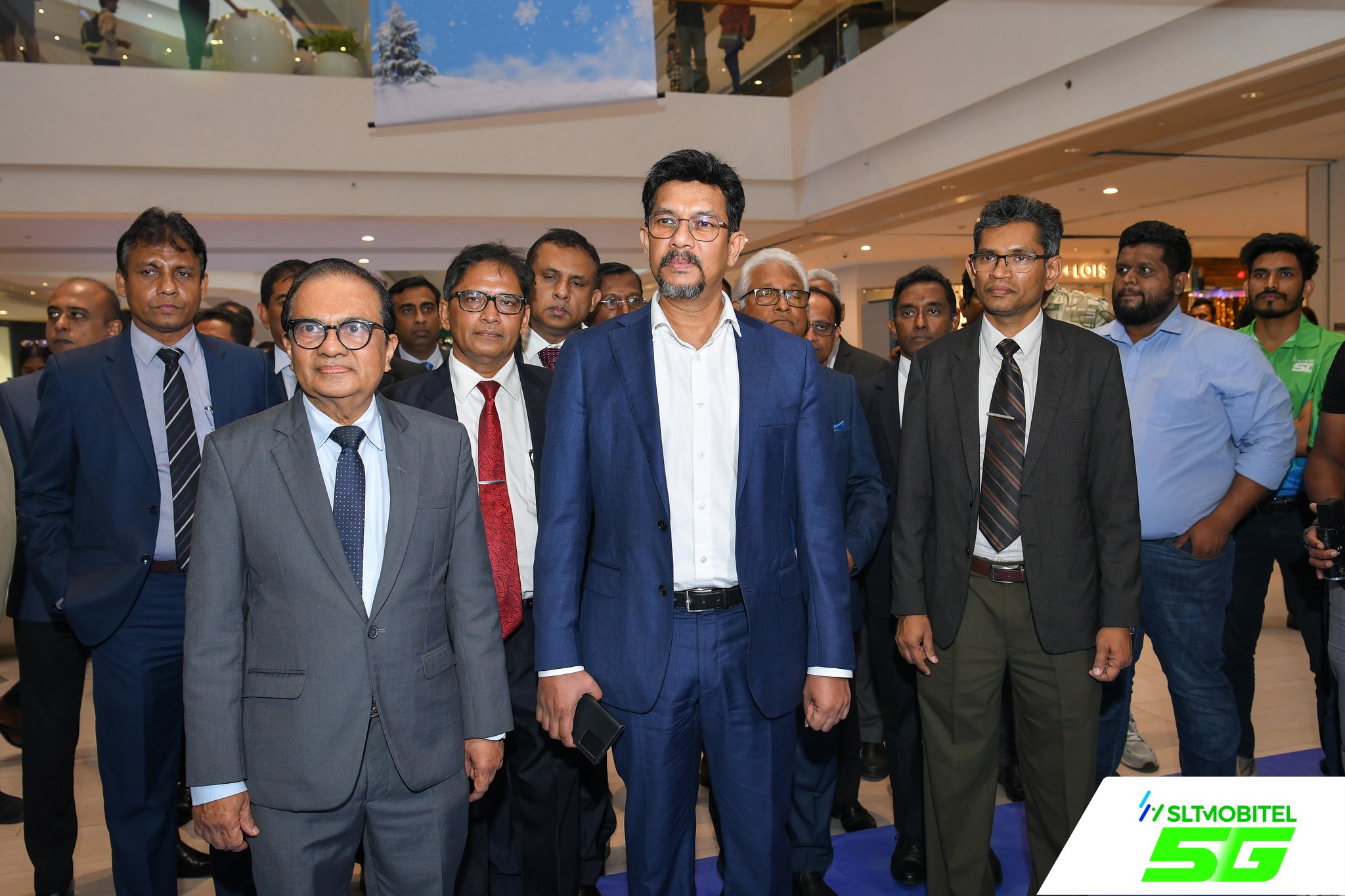

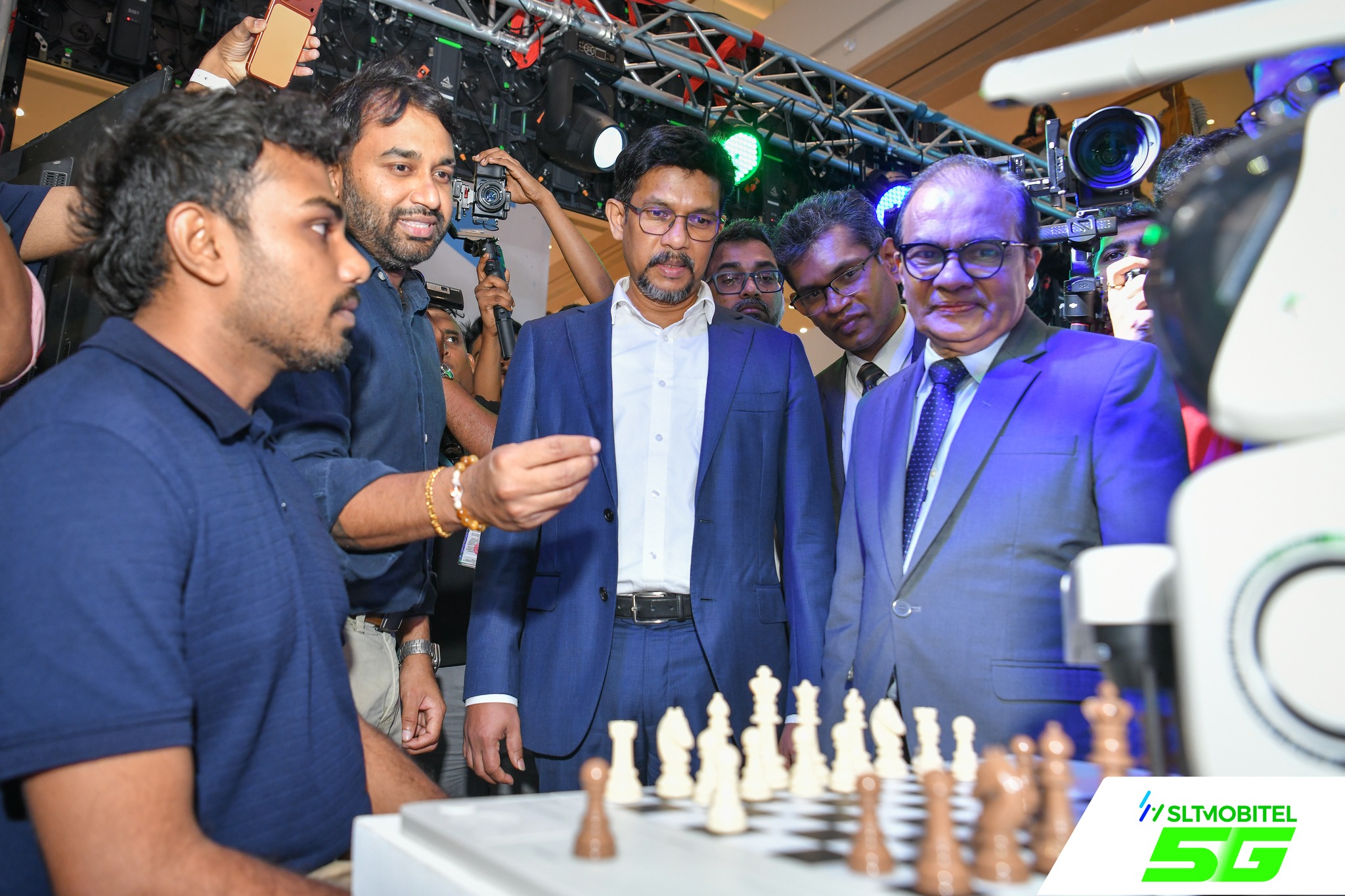

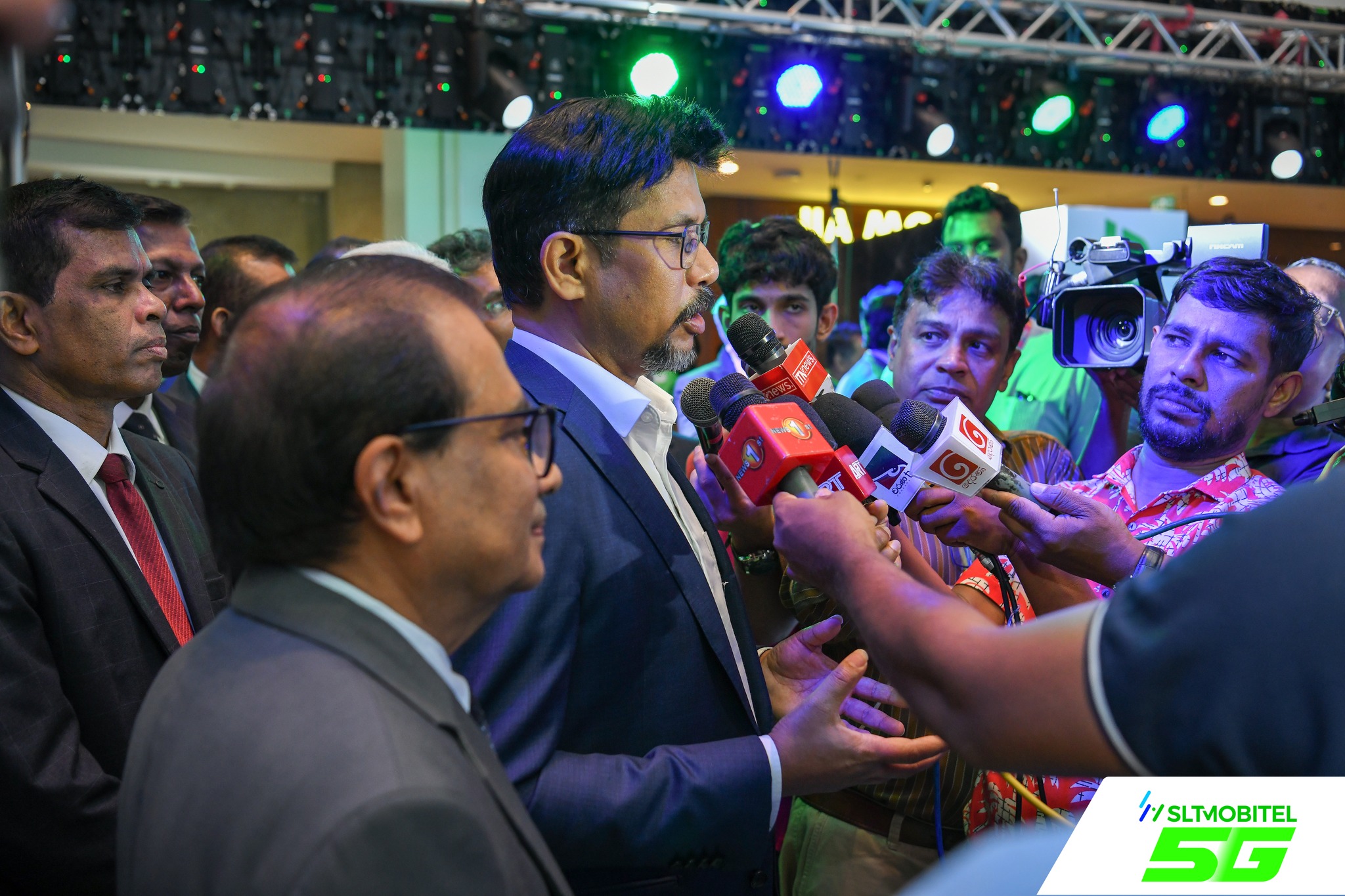

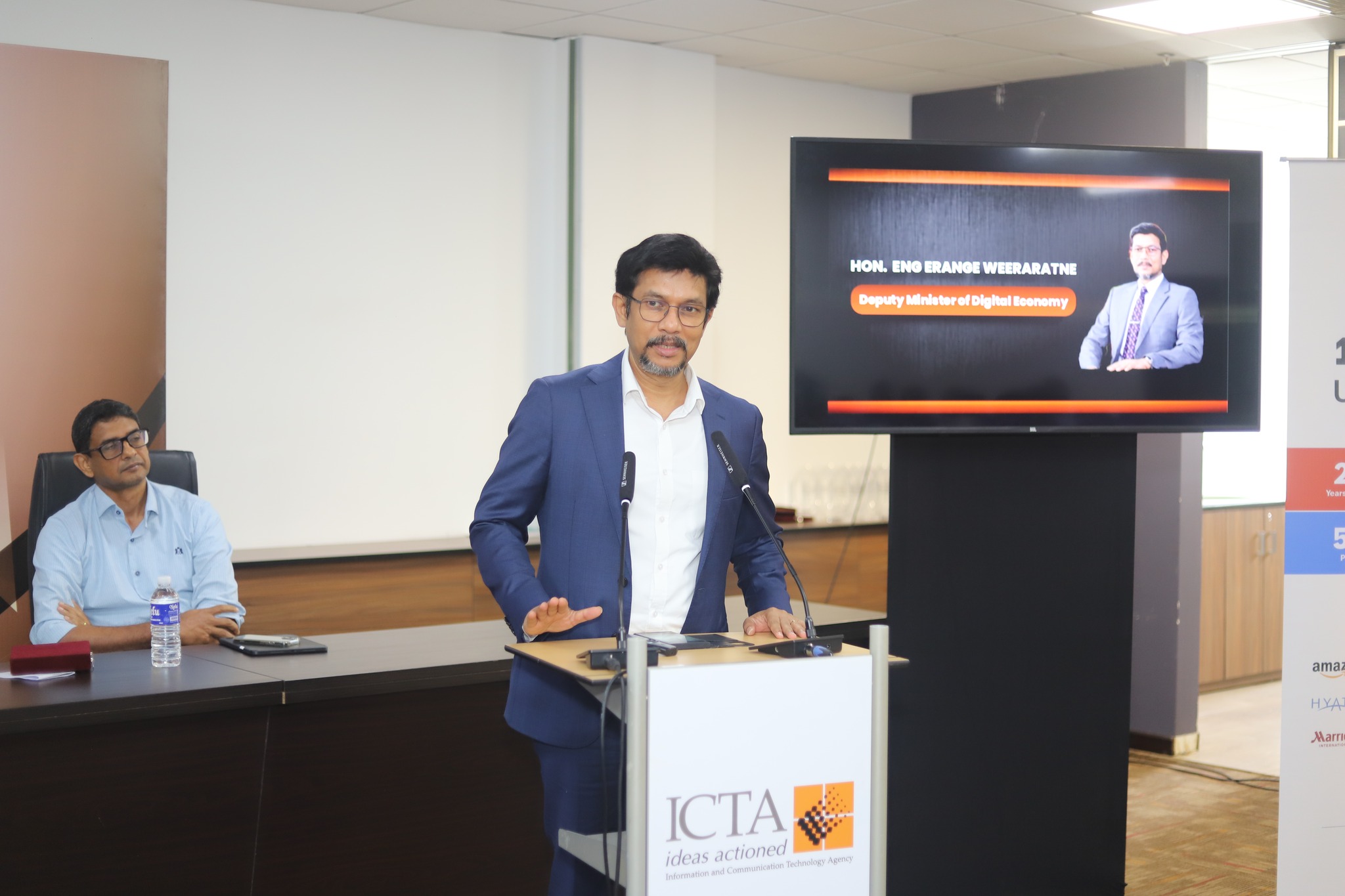
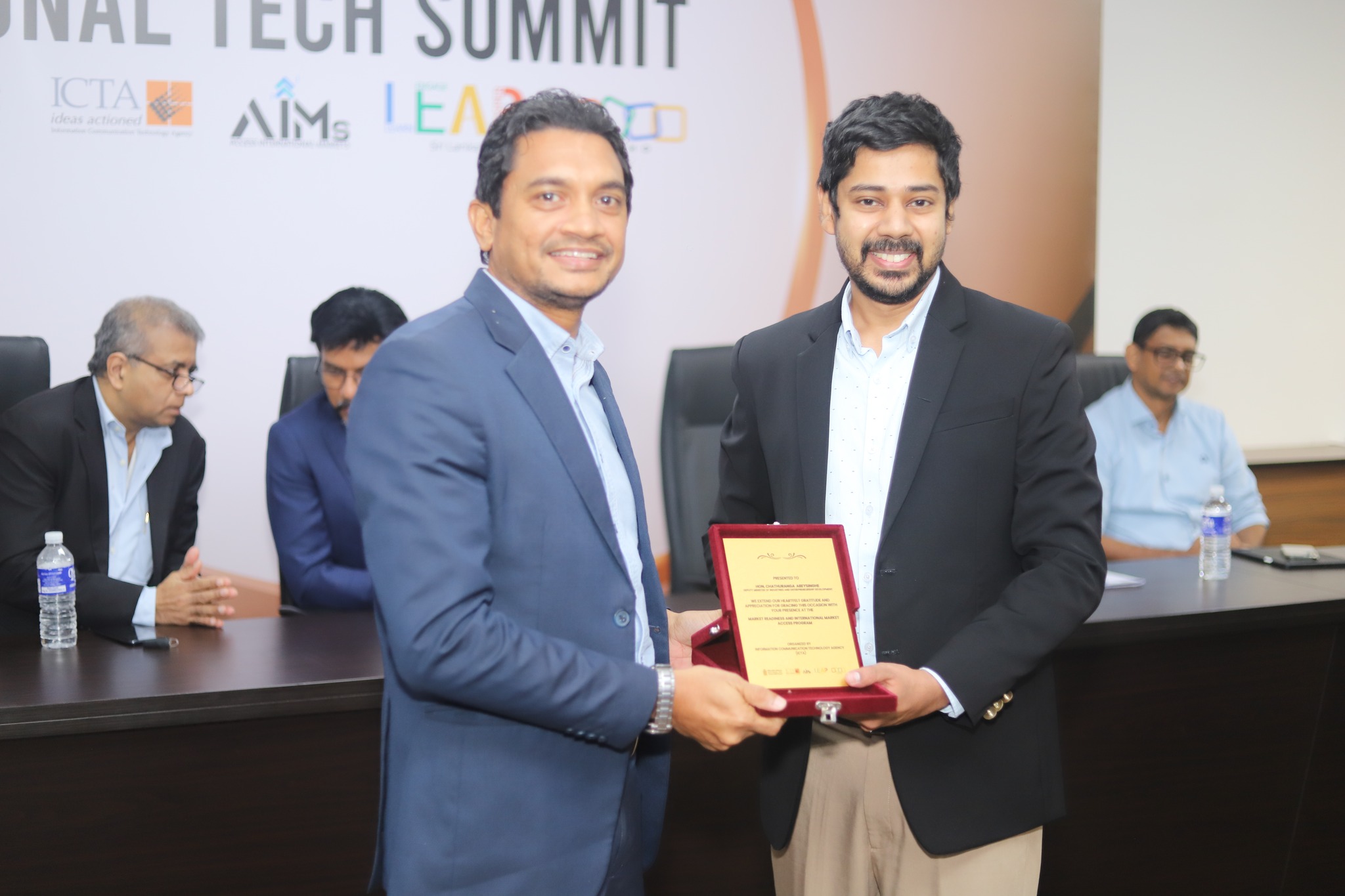
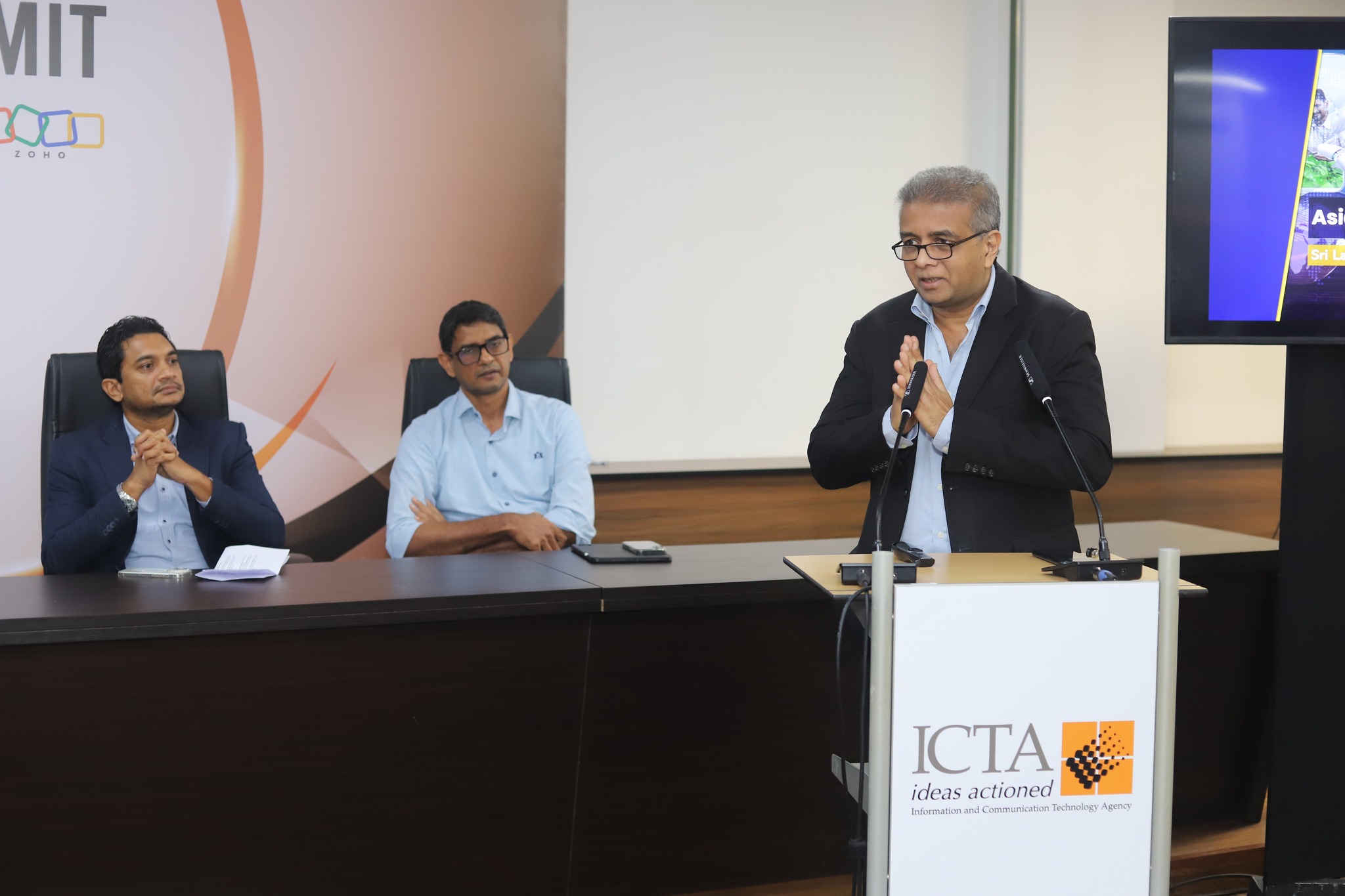
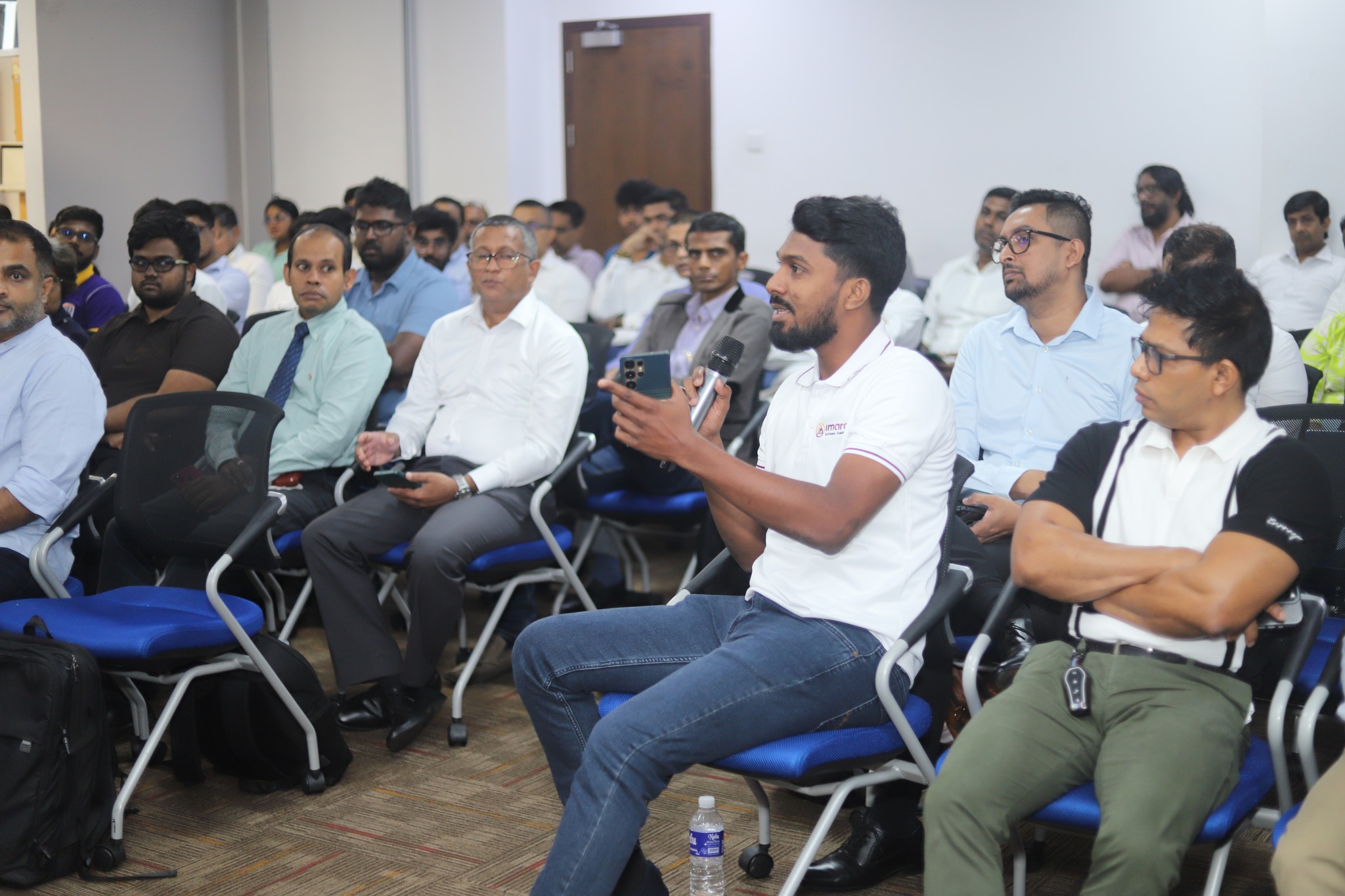
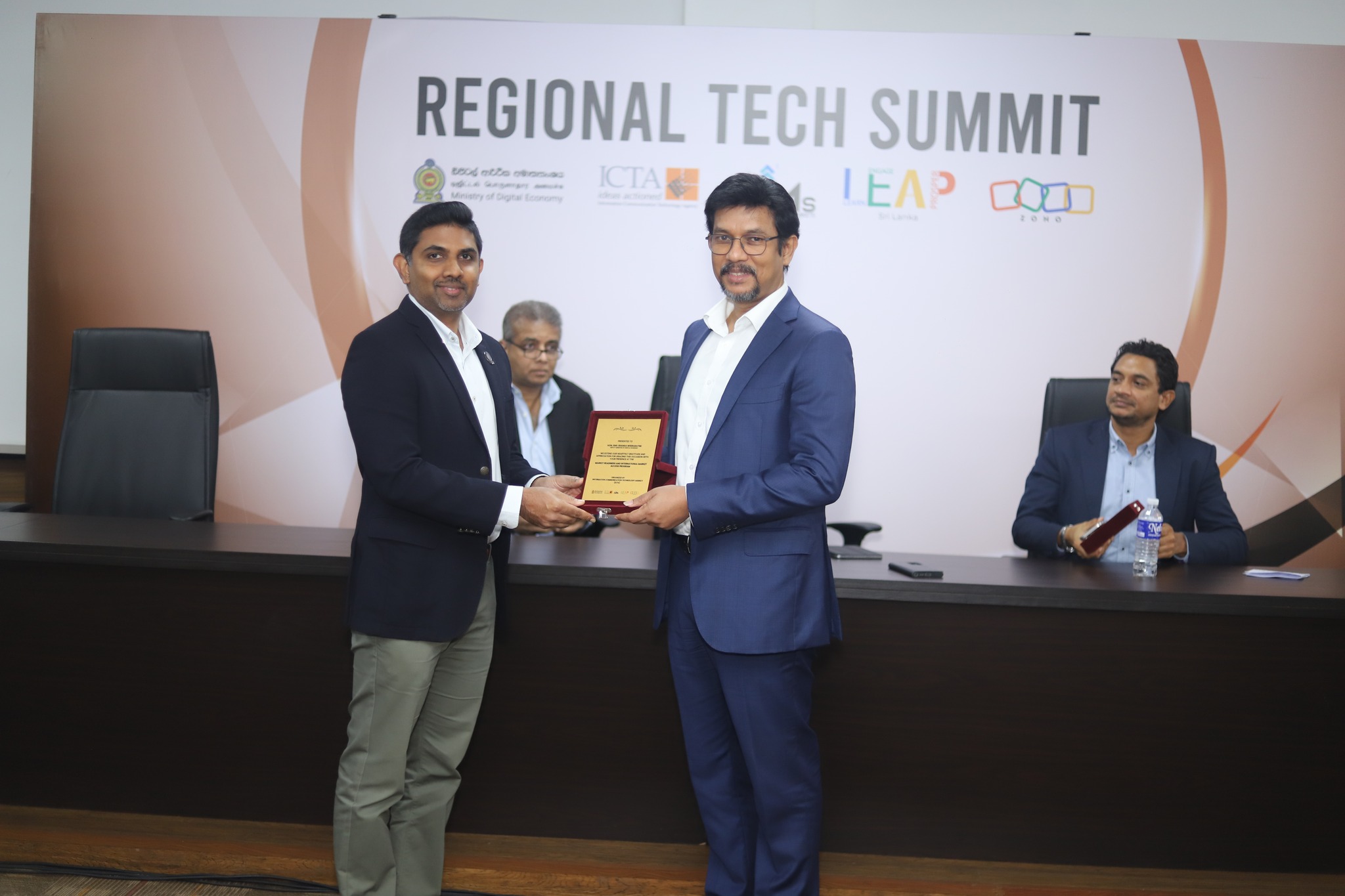
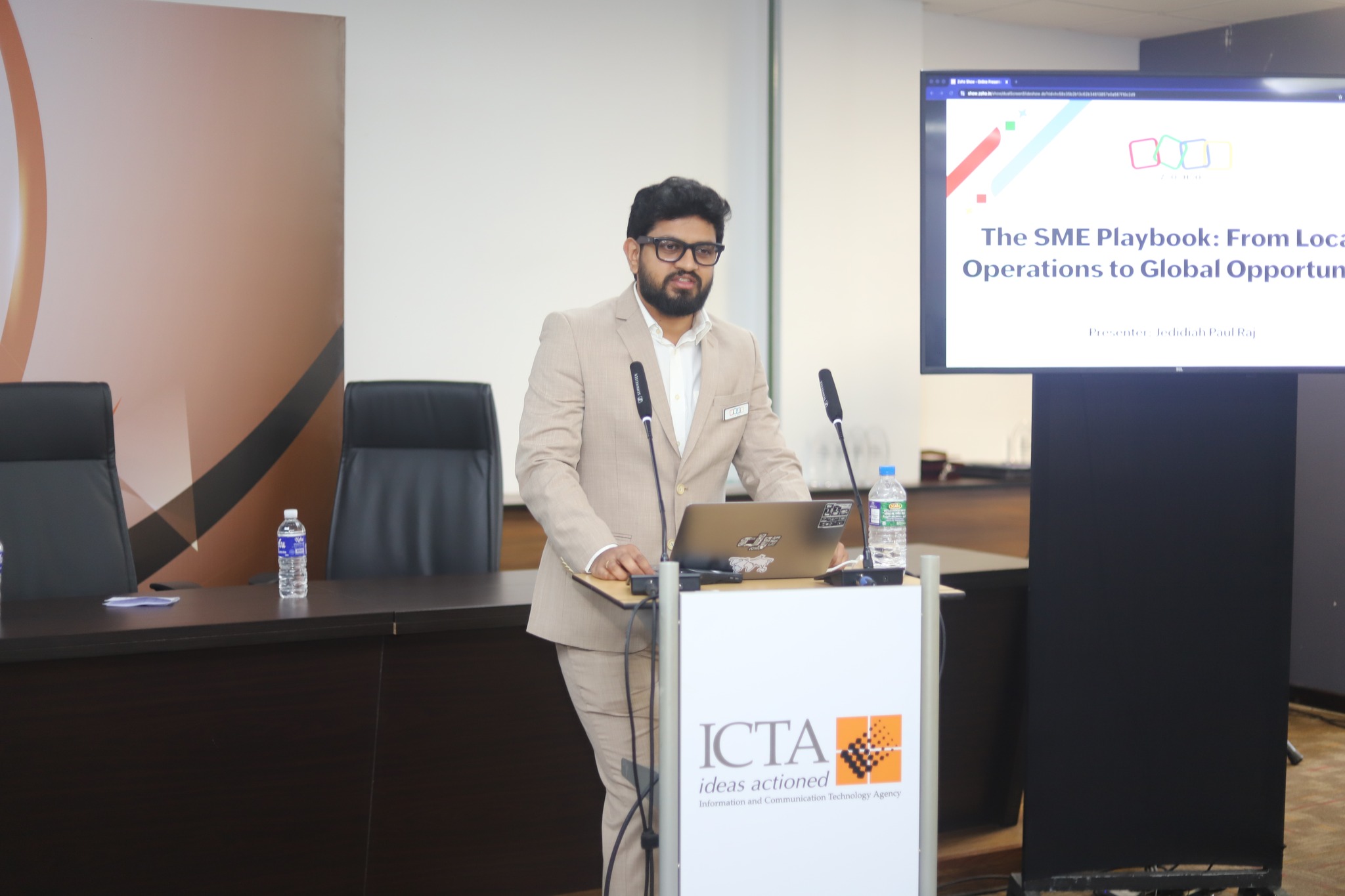
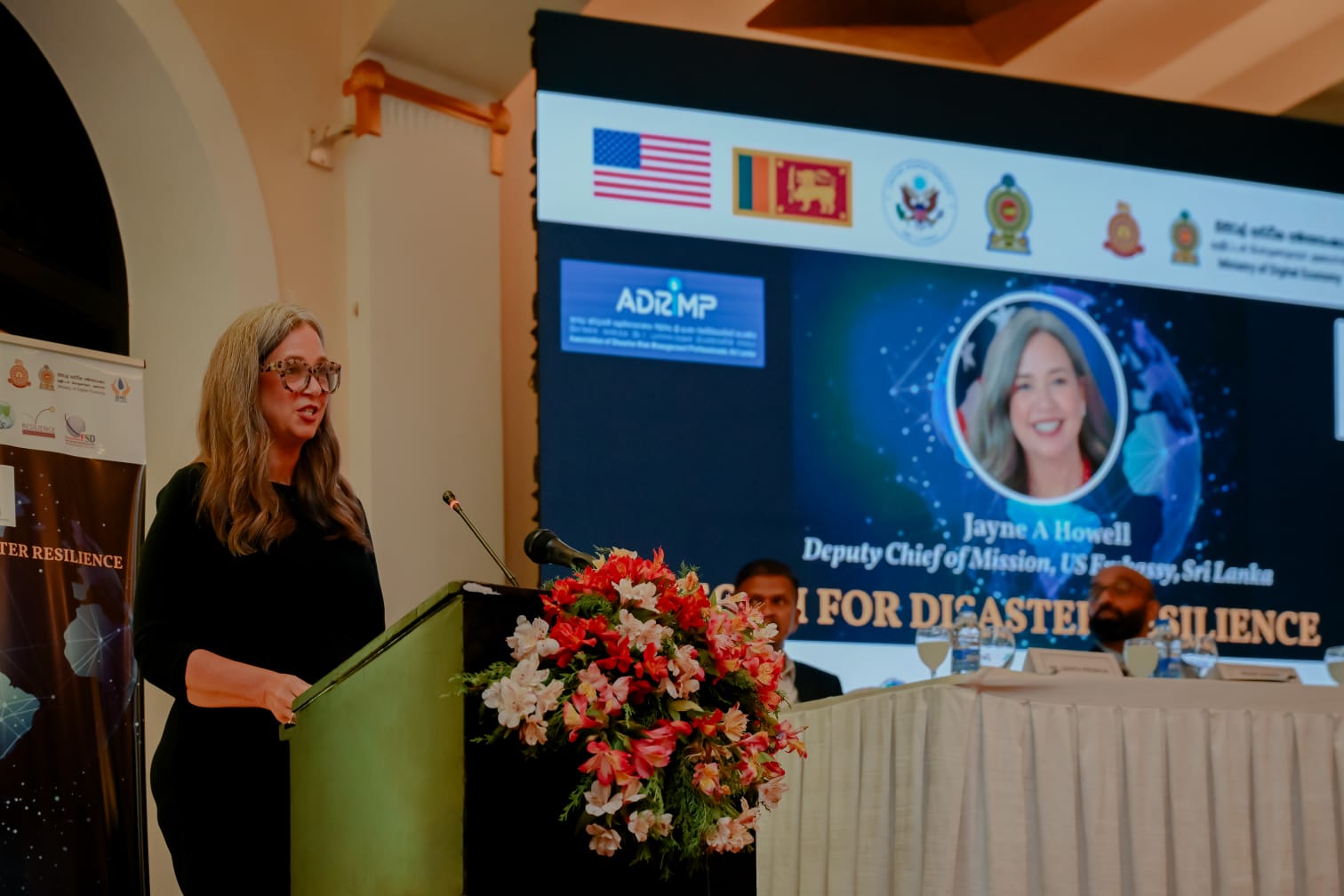
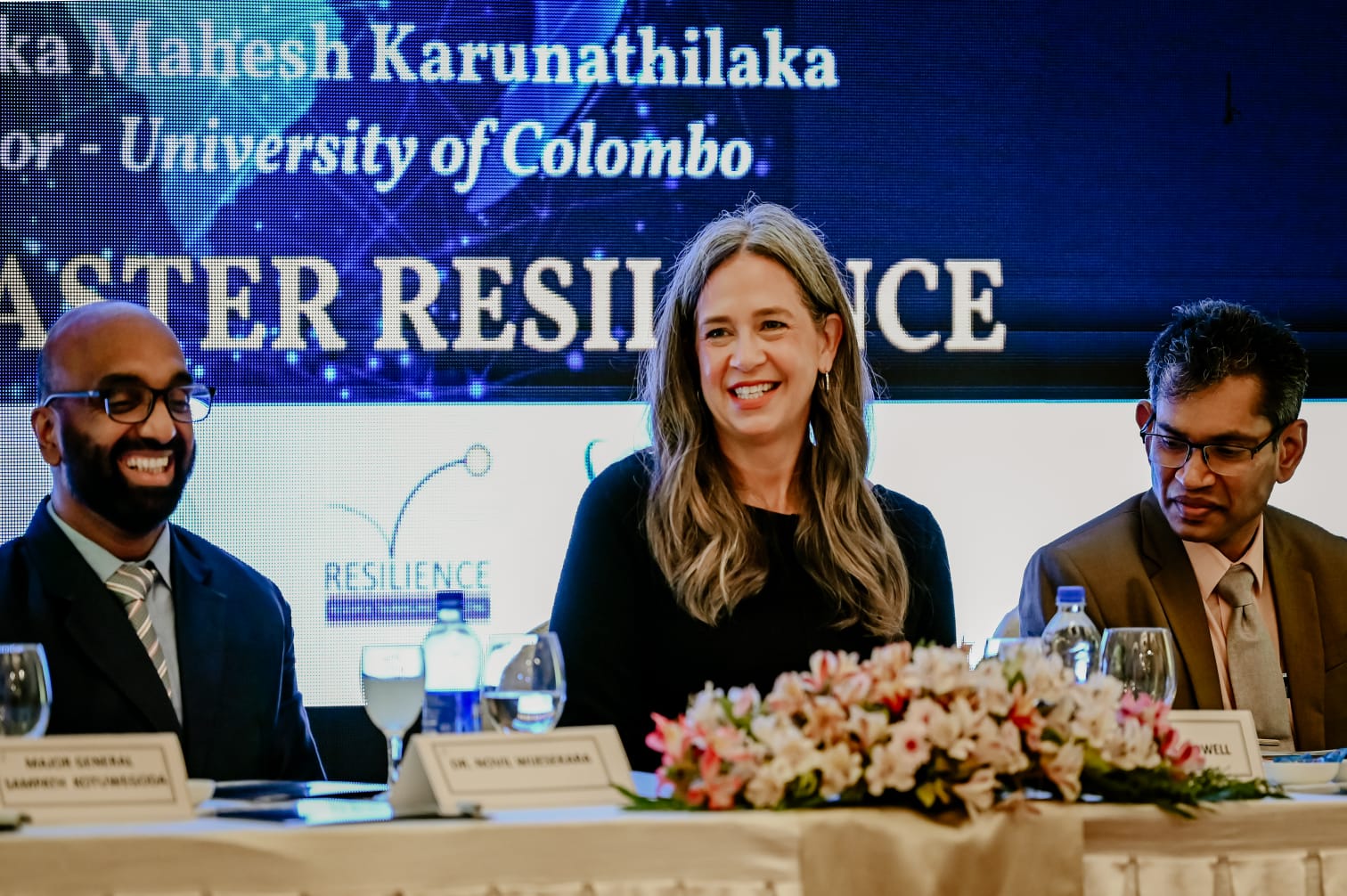
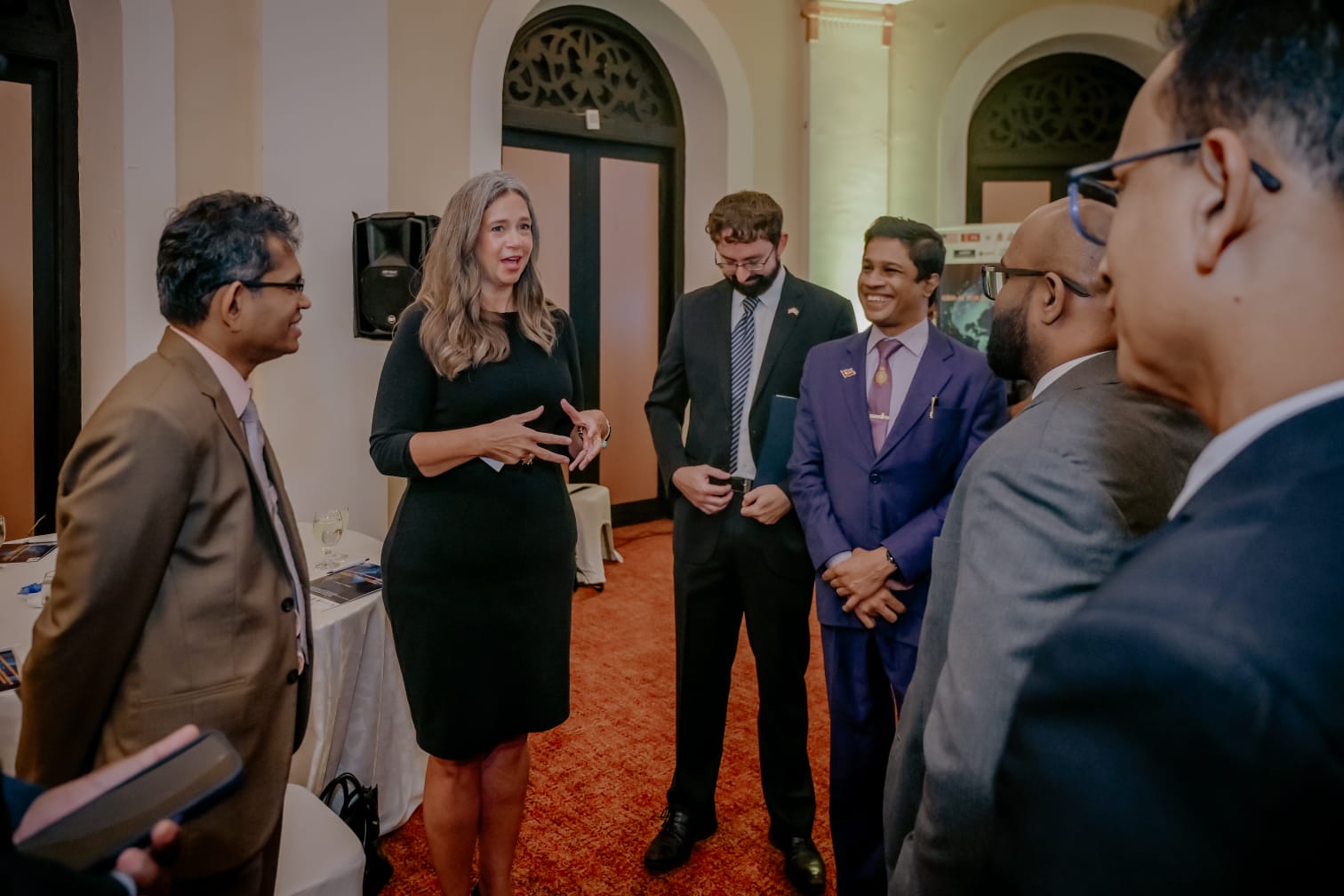
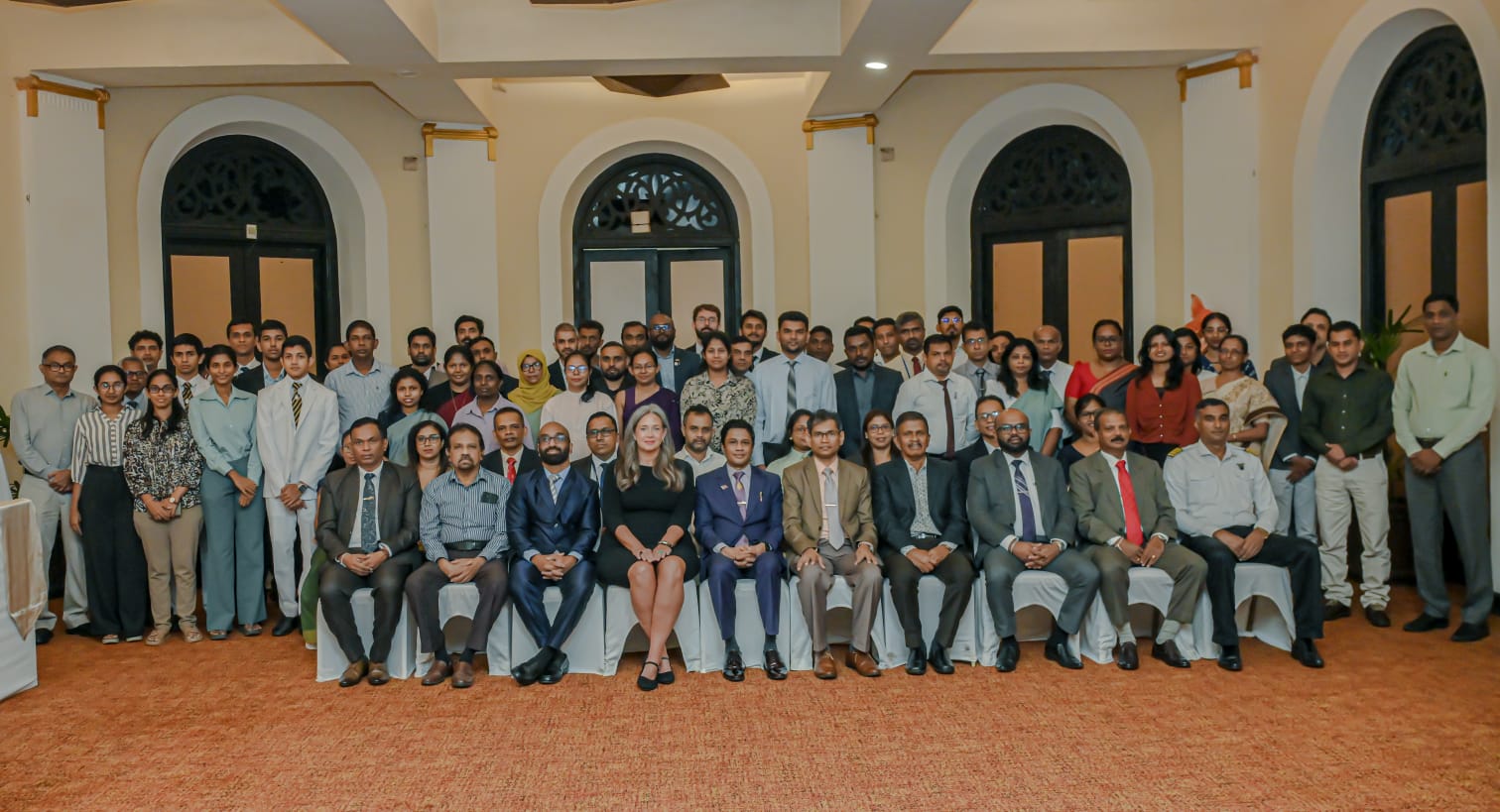
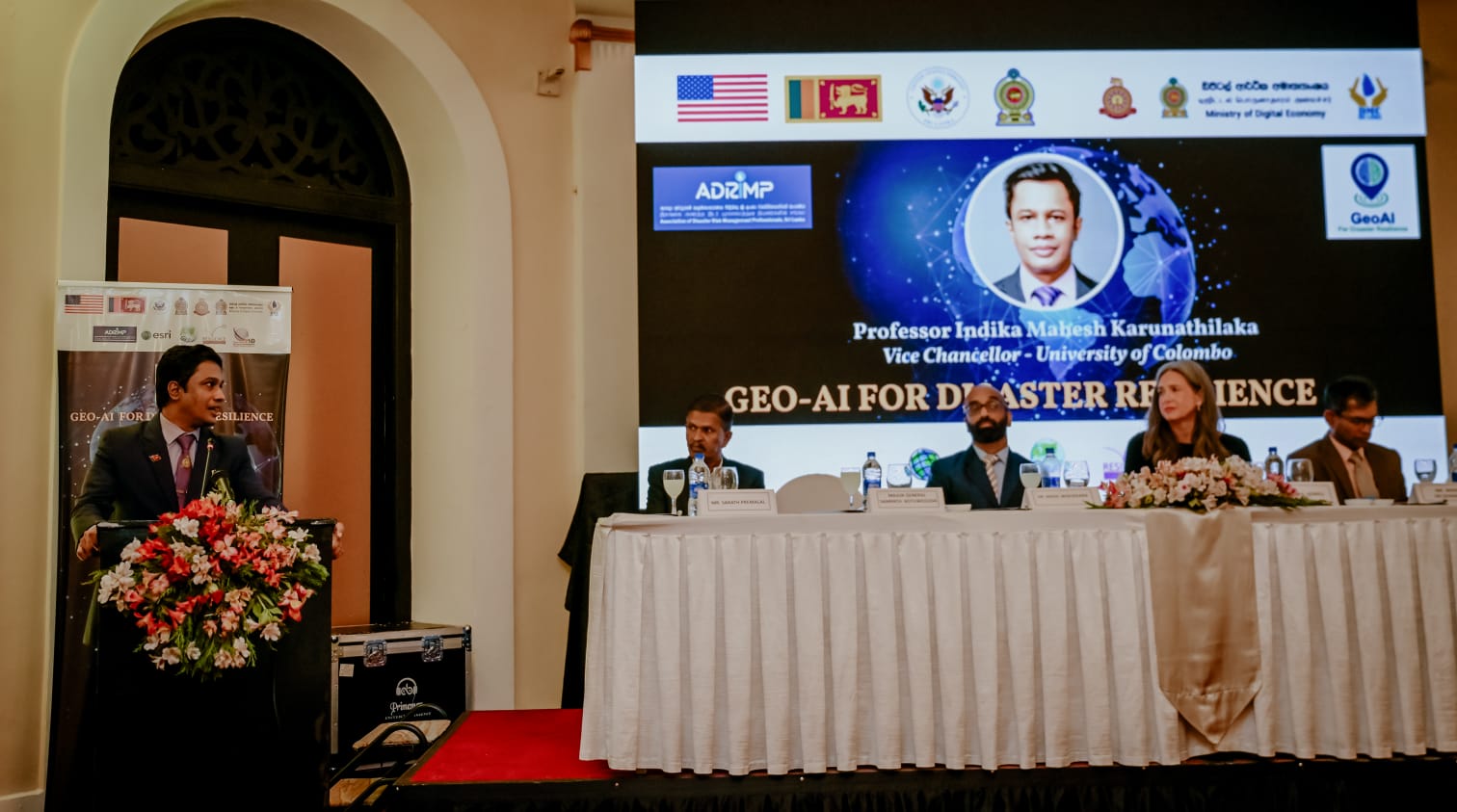
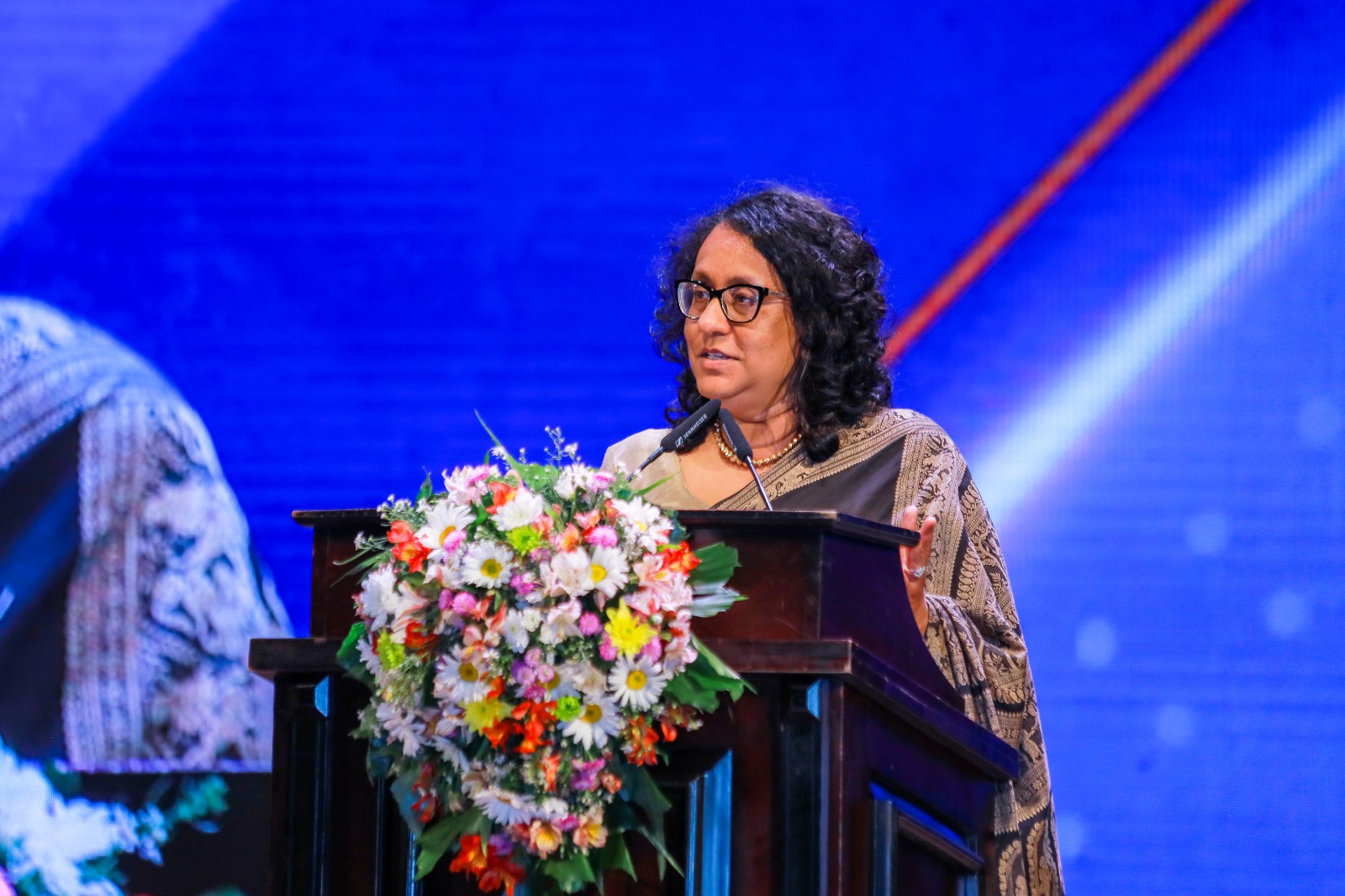
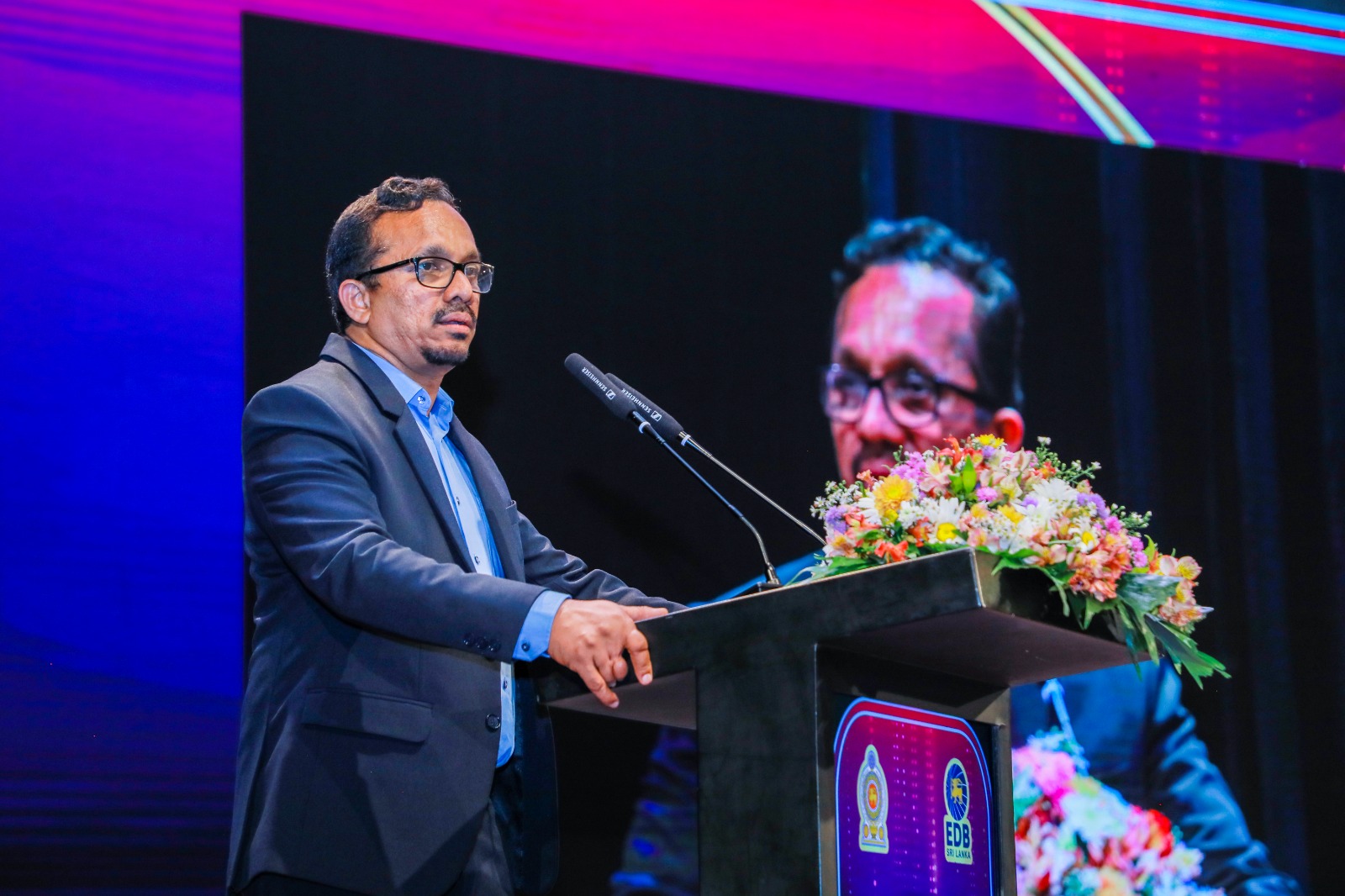
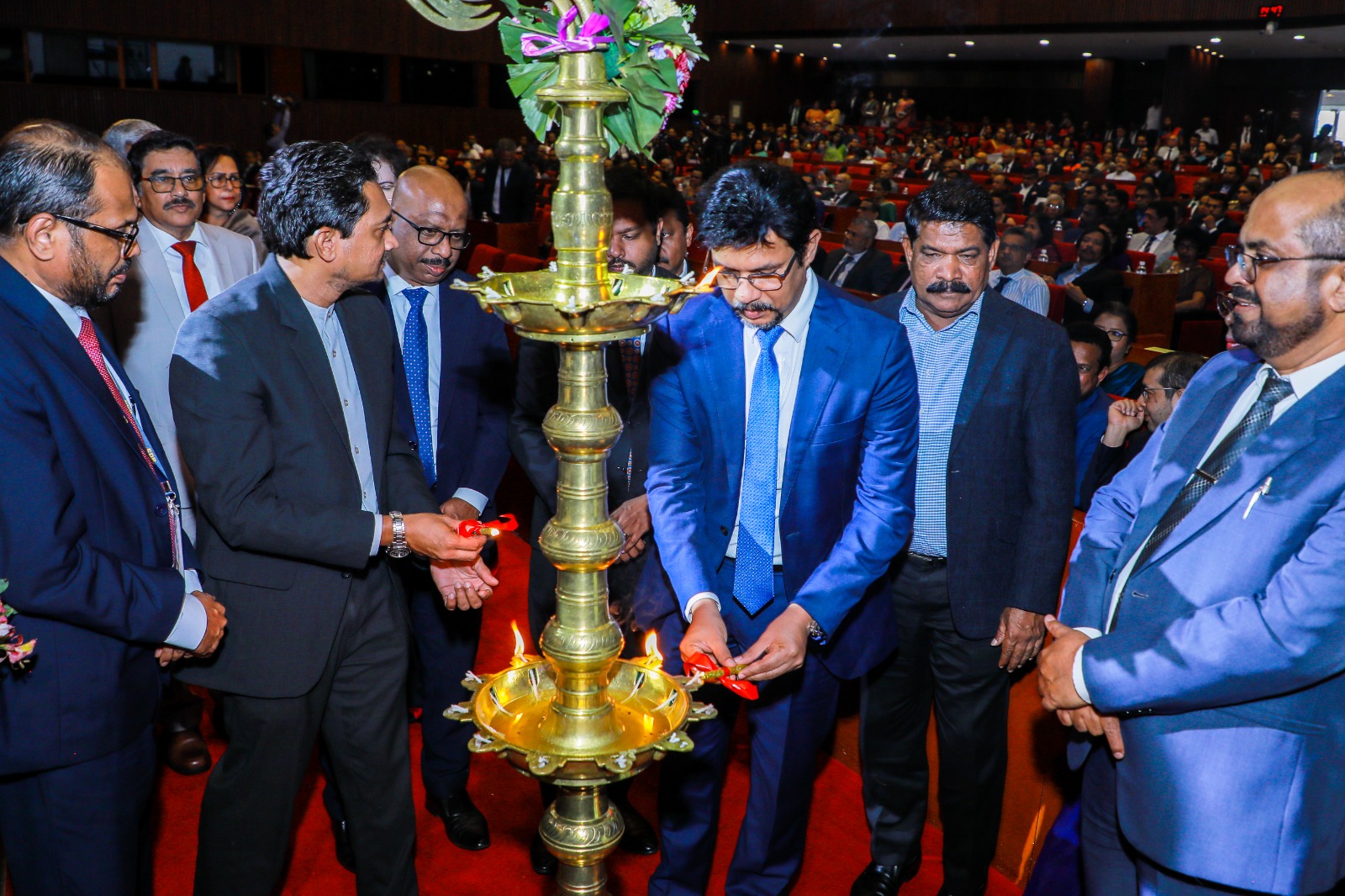
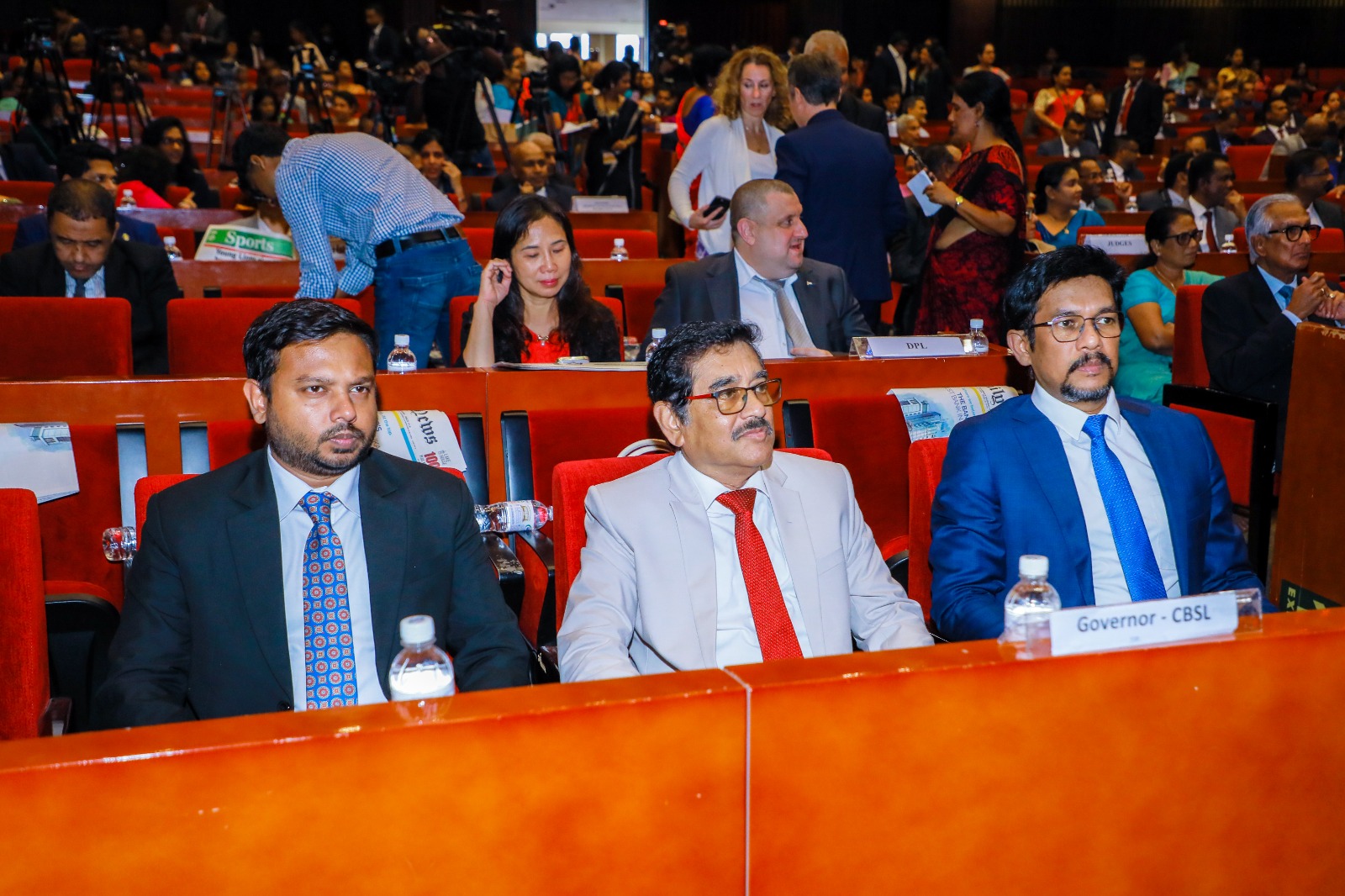
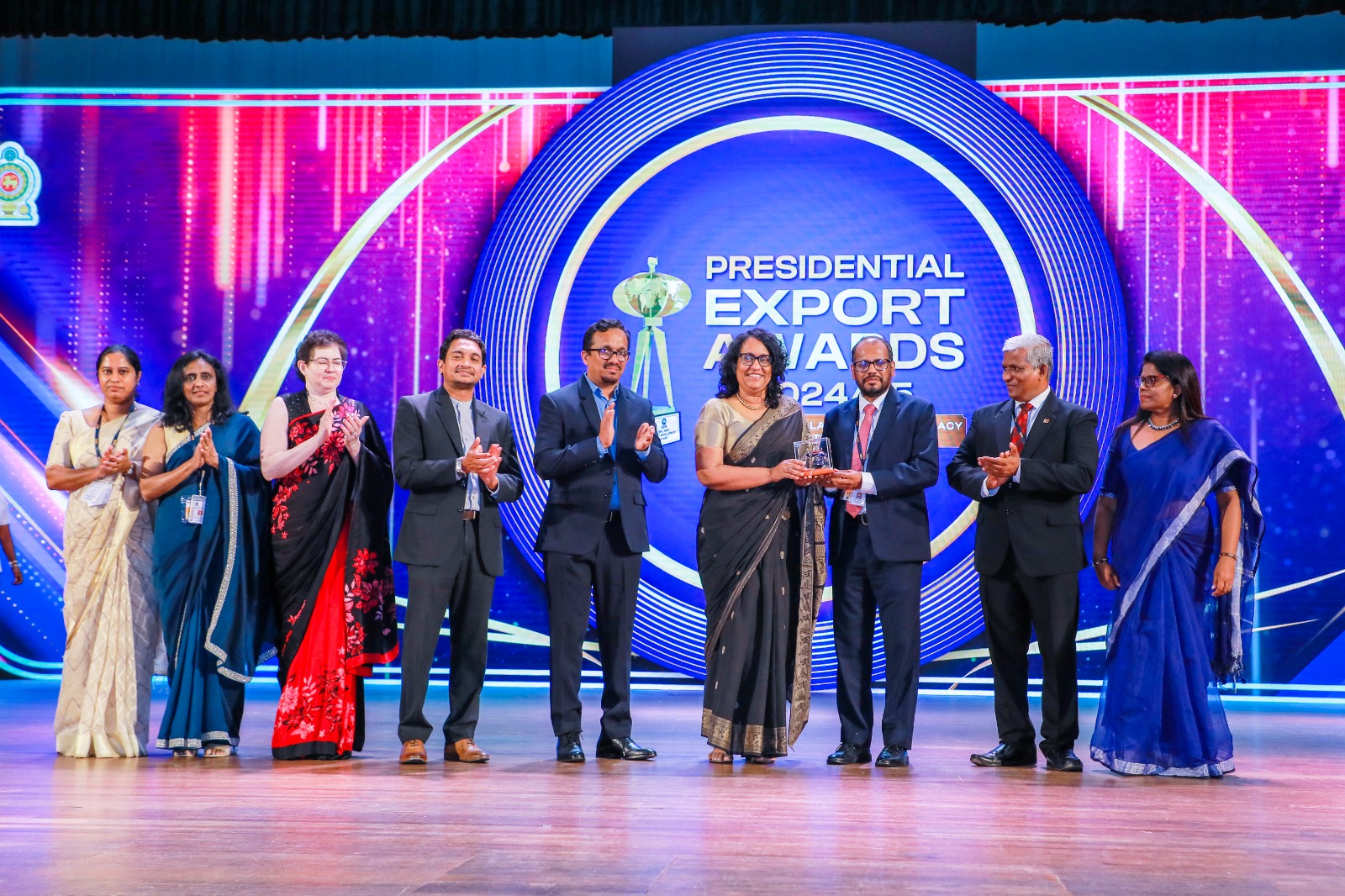


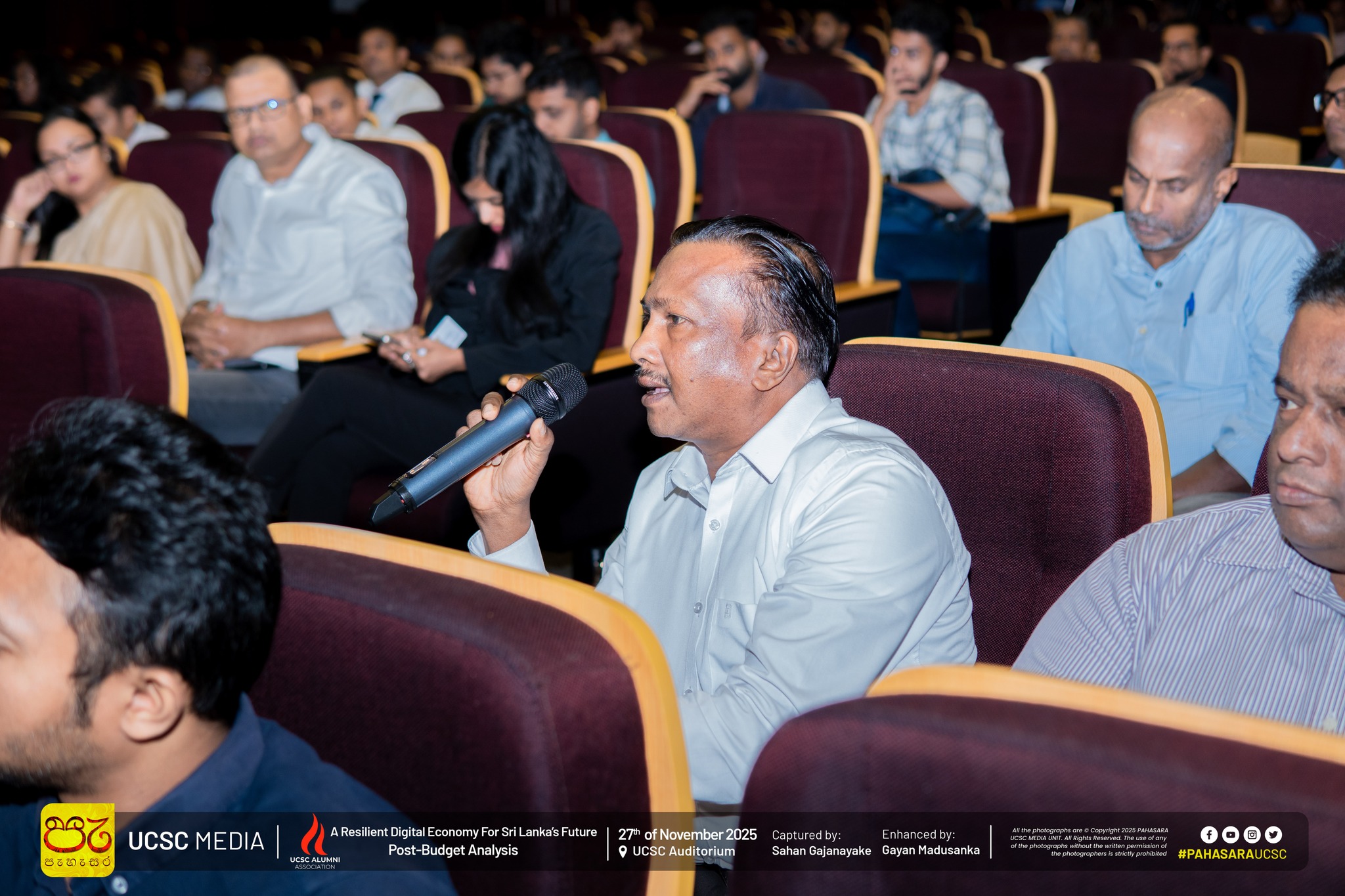
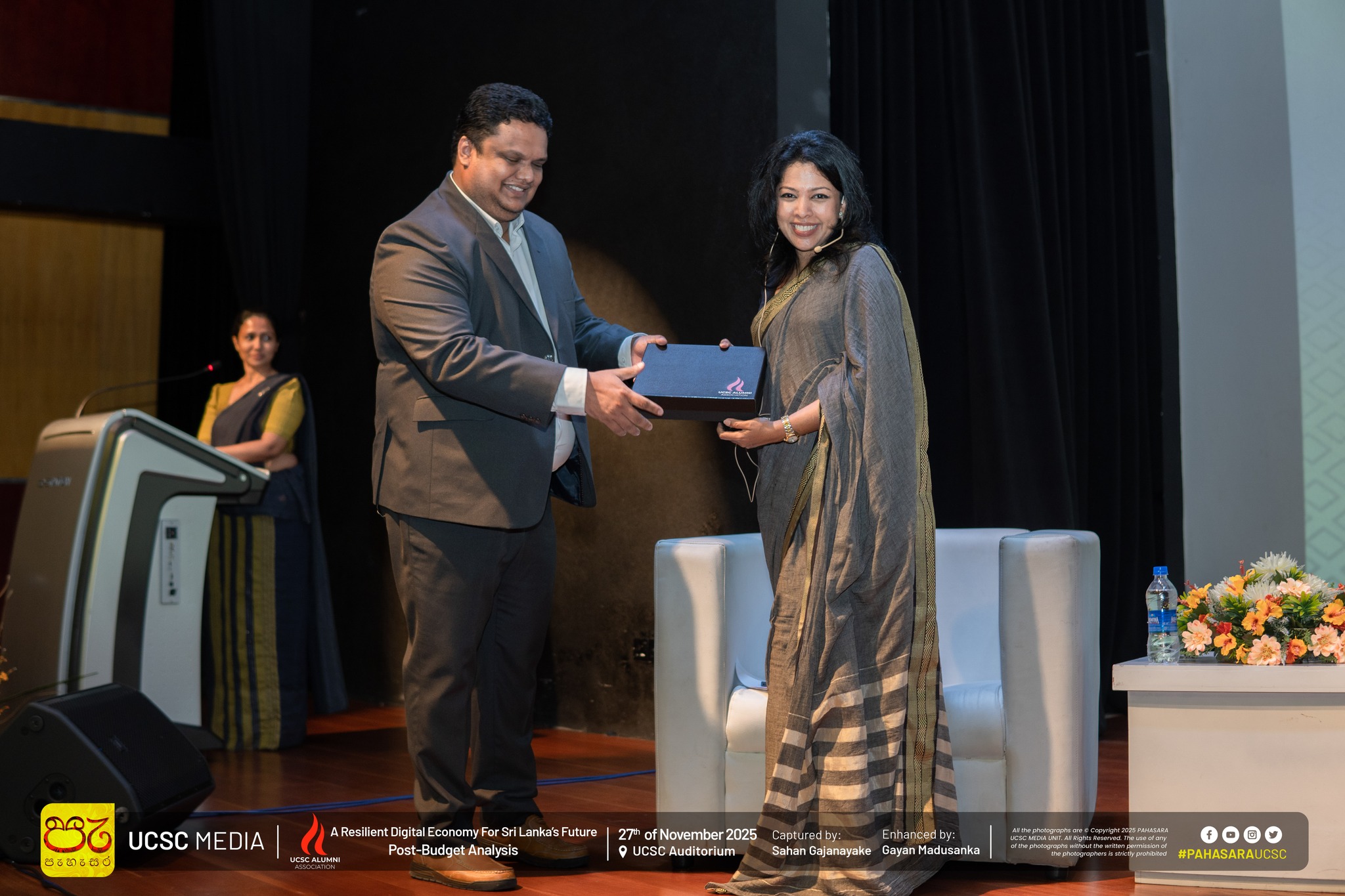
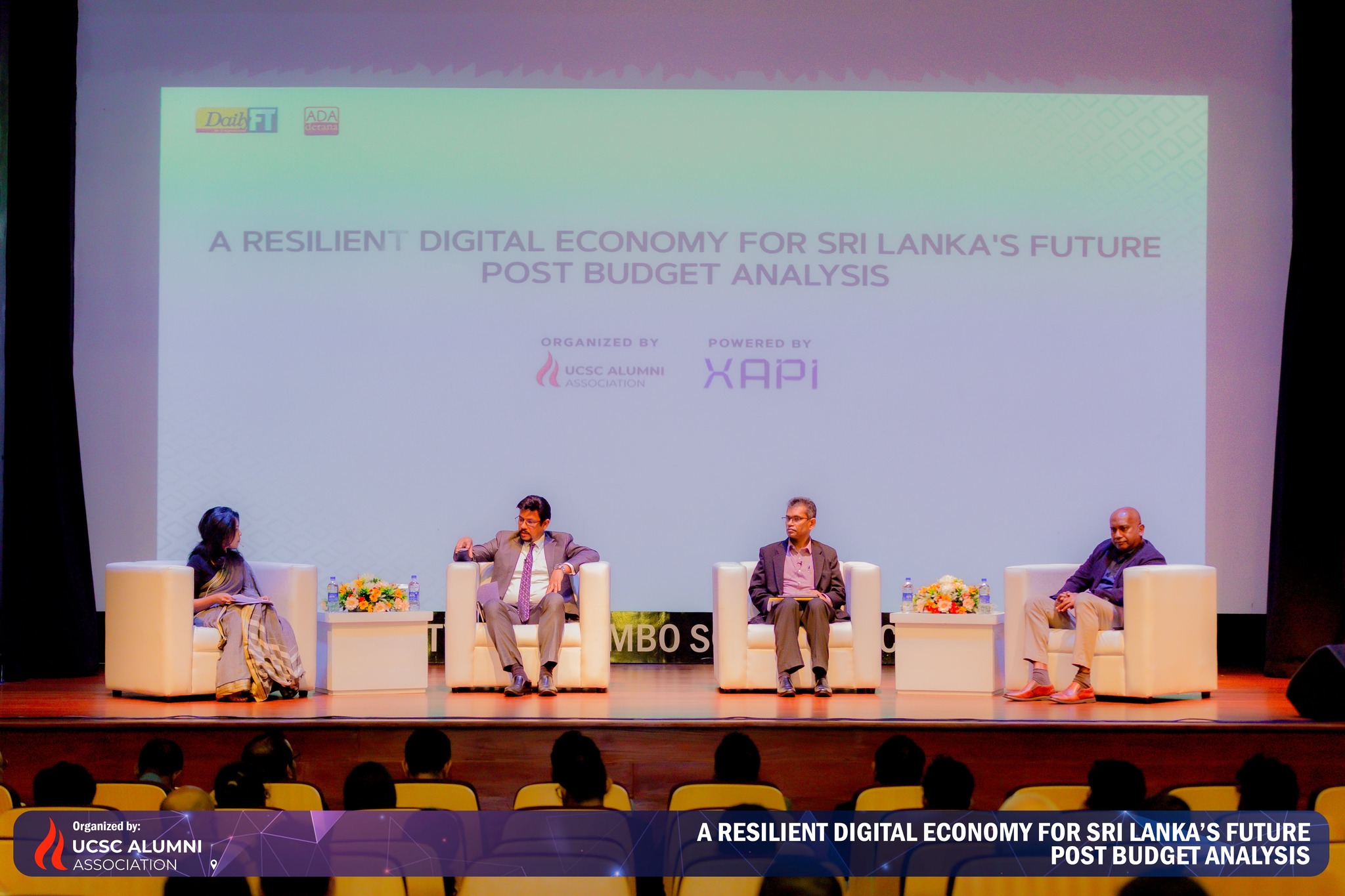
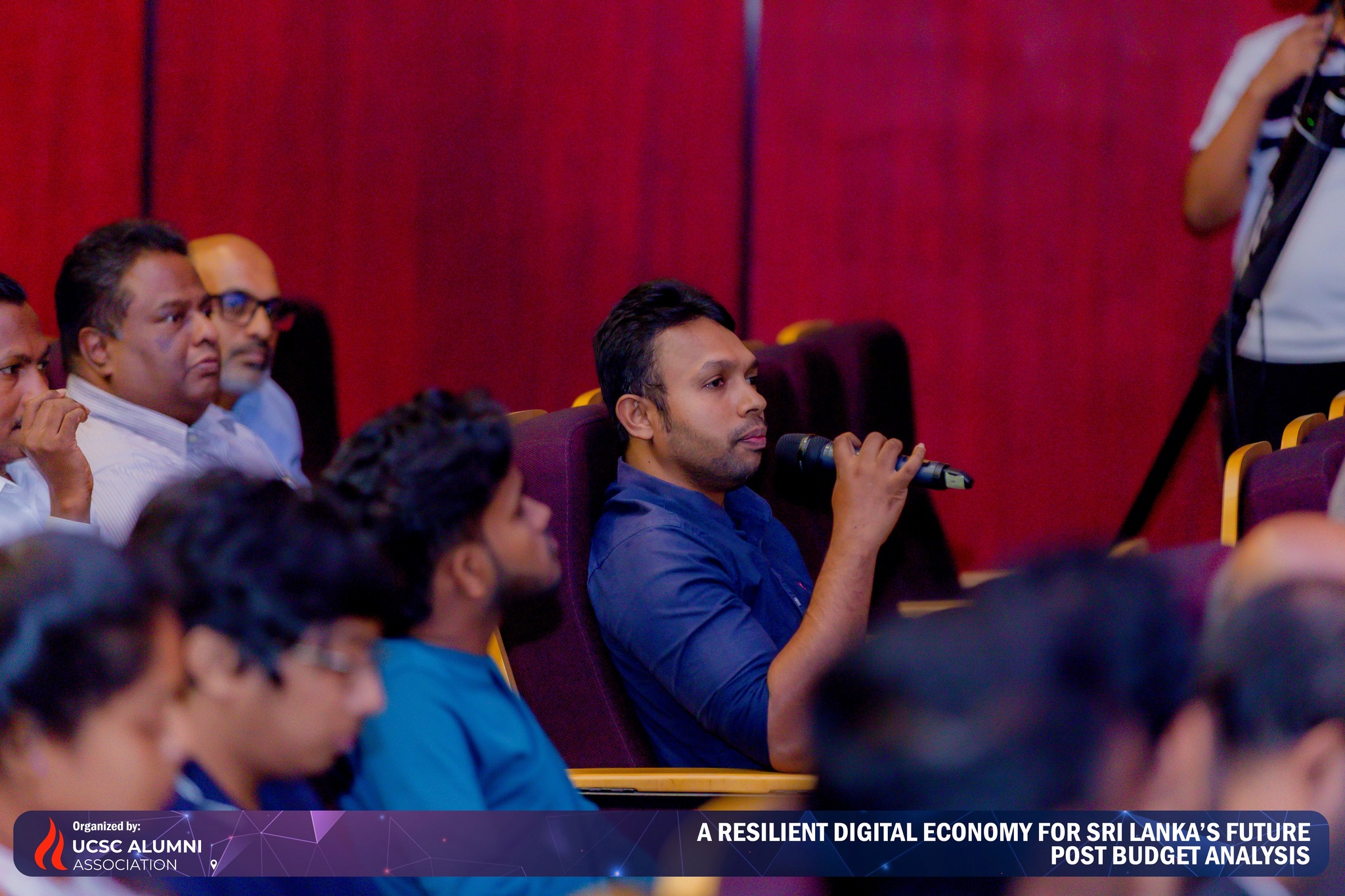
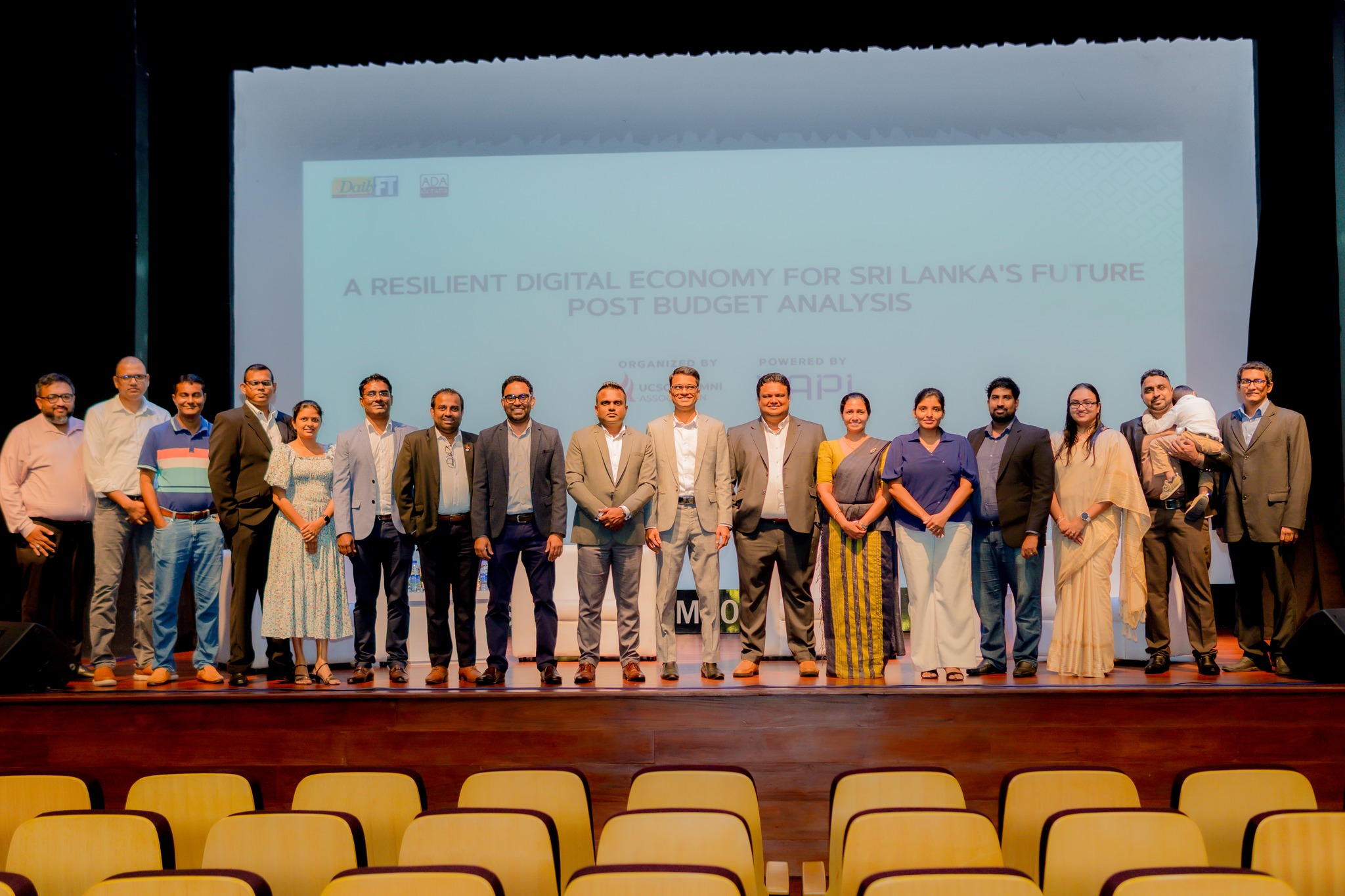
 Rebuilding Sri Lanka Fund
Call Us for more Information:
Local:1800
International: +94 112001800
Rebuilding Sri Lanka Fund
Call Us for more Information:
Local:1800
International: +94 112001800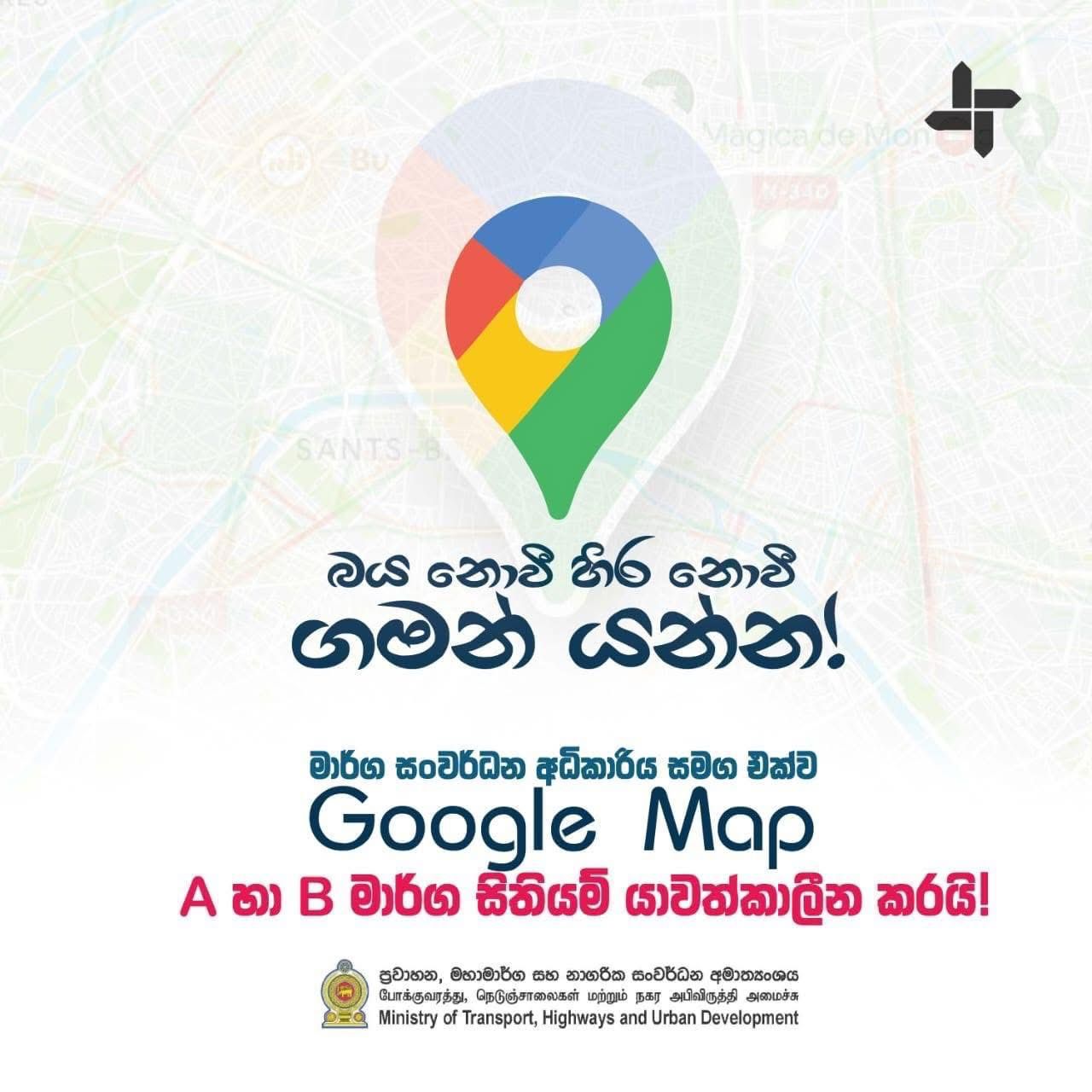 The Road Development Authority, in collaboration with Google and under the guidance of the Ministry of Digital Economy, is currently updating Sri Lanka’s A and B grade road network on Google Maps. With Google granting the Road Development Authority official GMCP (Google Map Content Partner) status, these updates are now being carried out efficiently and accurately.
The Road Development Authority, in collaboration with Google and under the guidance of the Ministry of Digital Economy, is currently updating Sri Lanka’s A and B grade road network on Google Maps. With Google granting the Road Development Authority official GMCP (Google Map Content Partner) status, these updates are now being carried out efficiently and accurately.